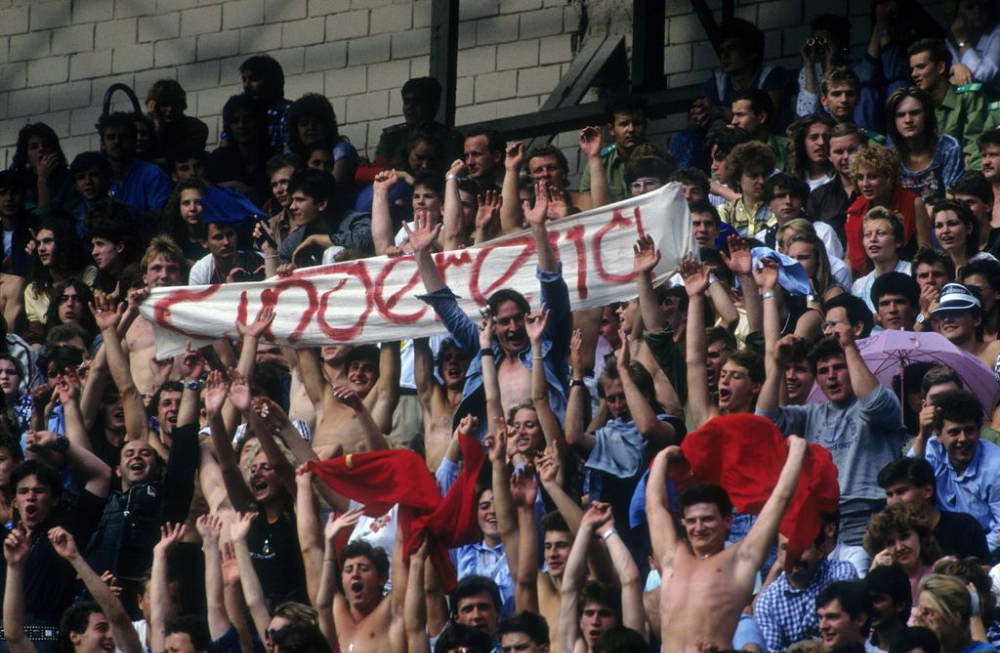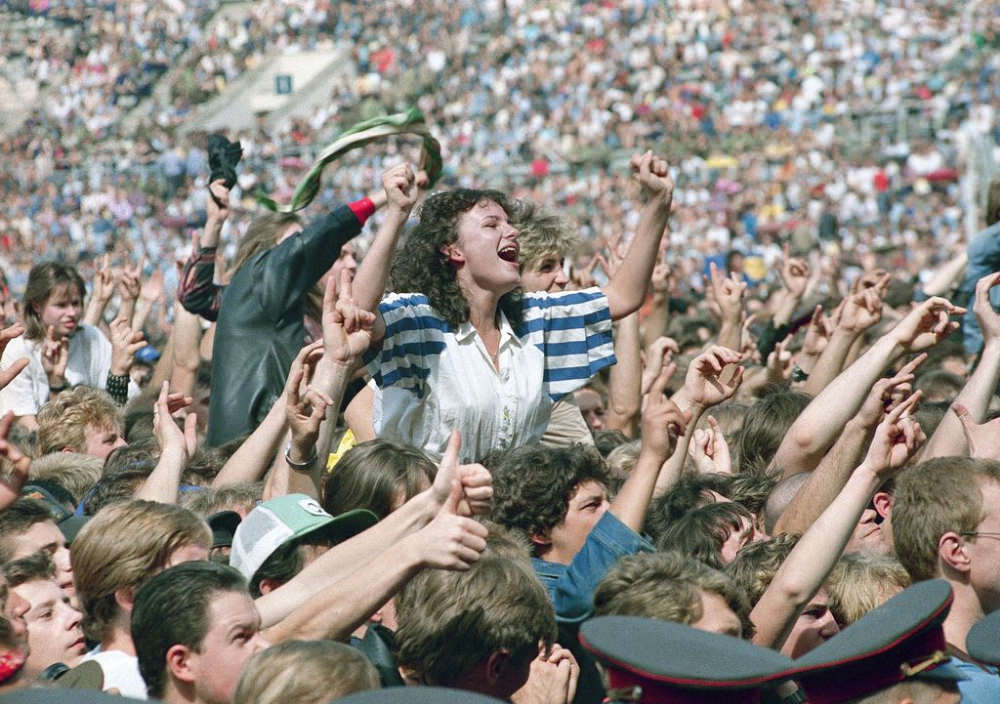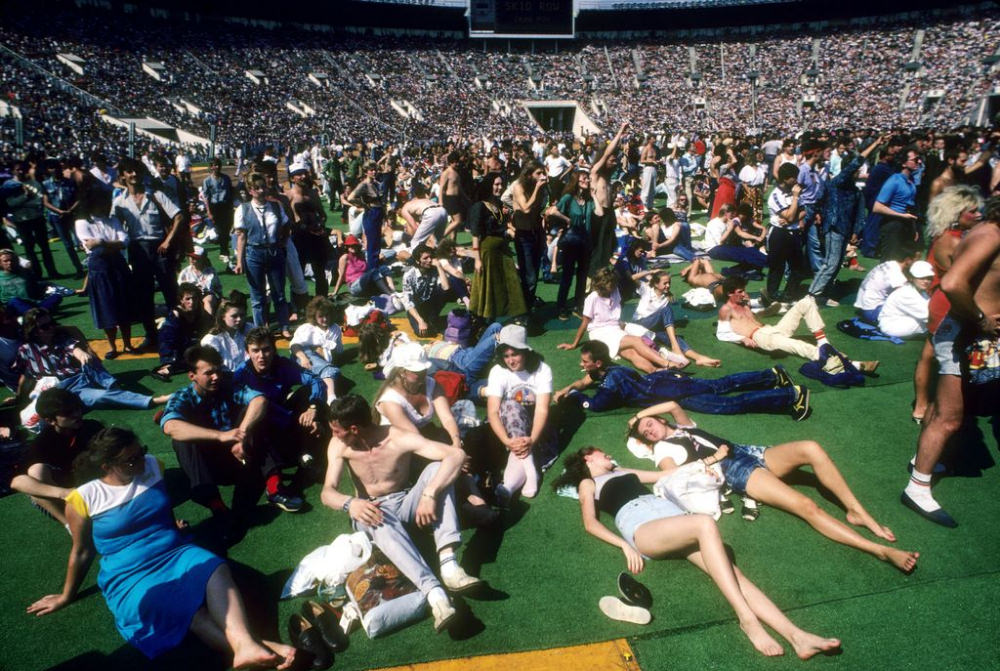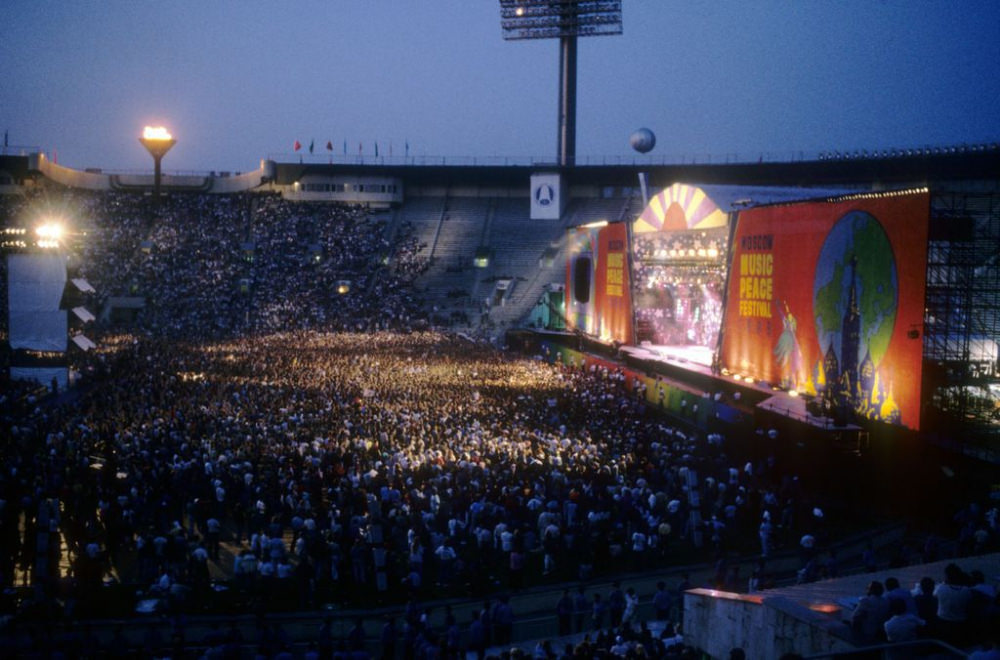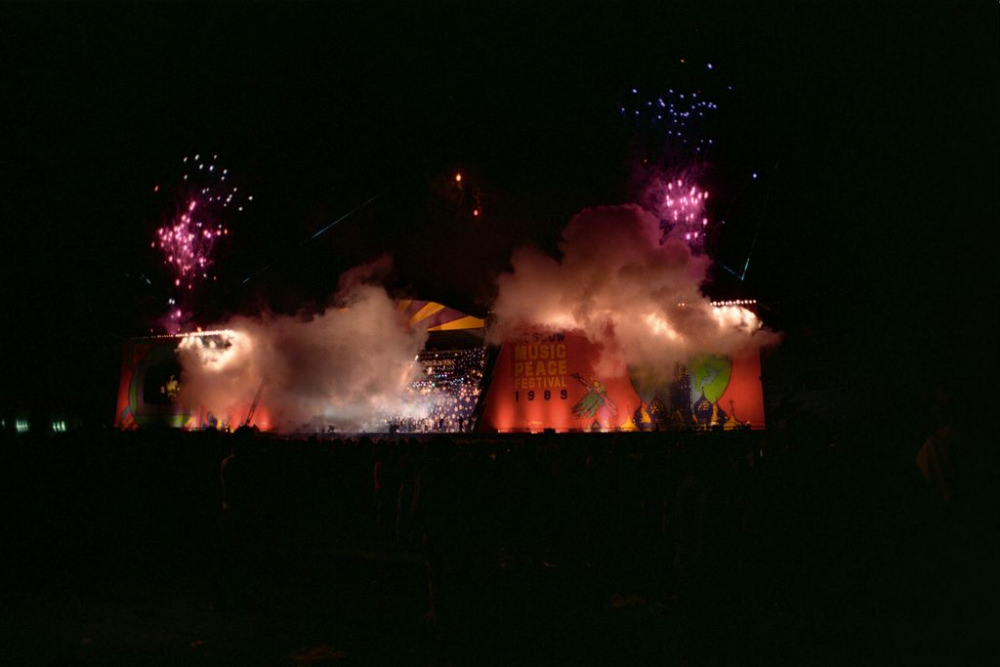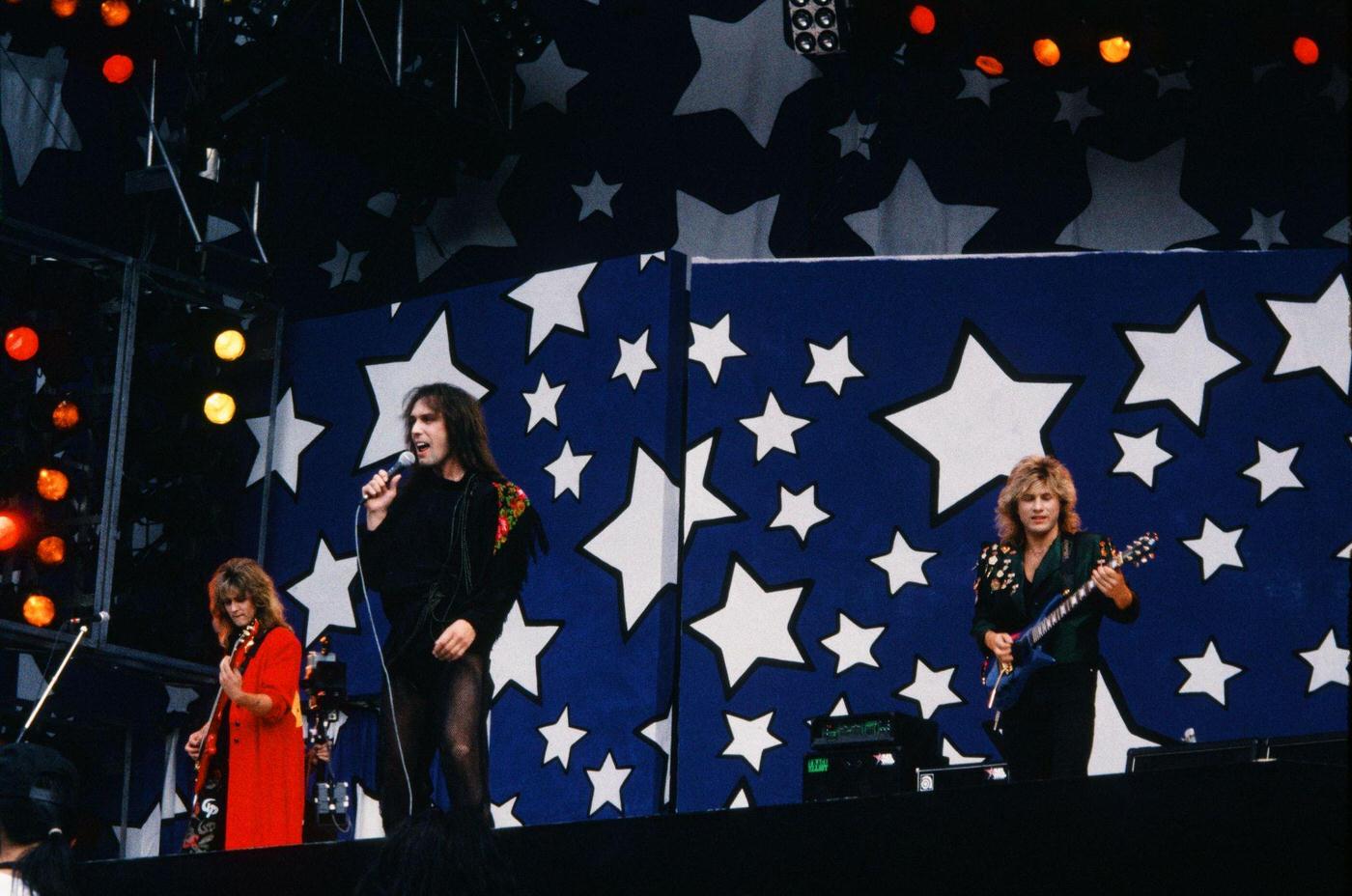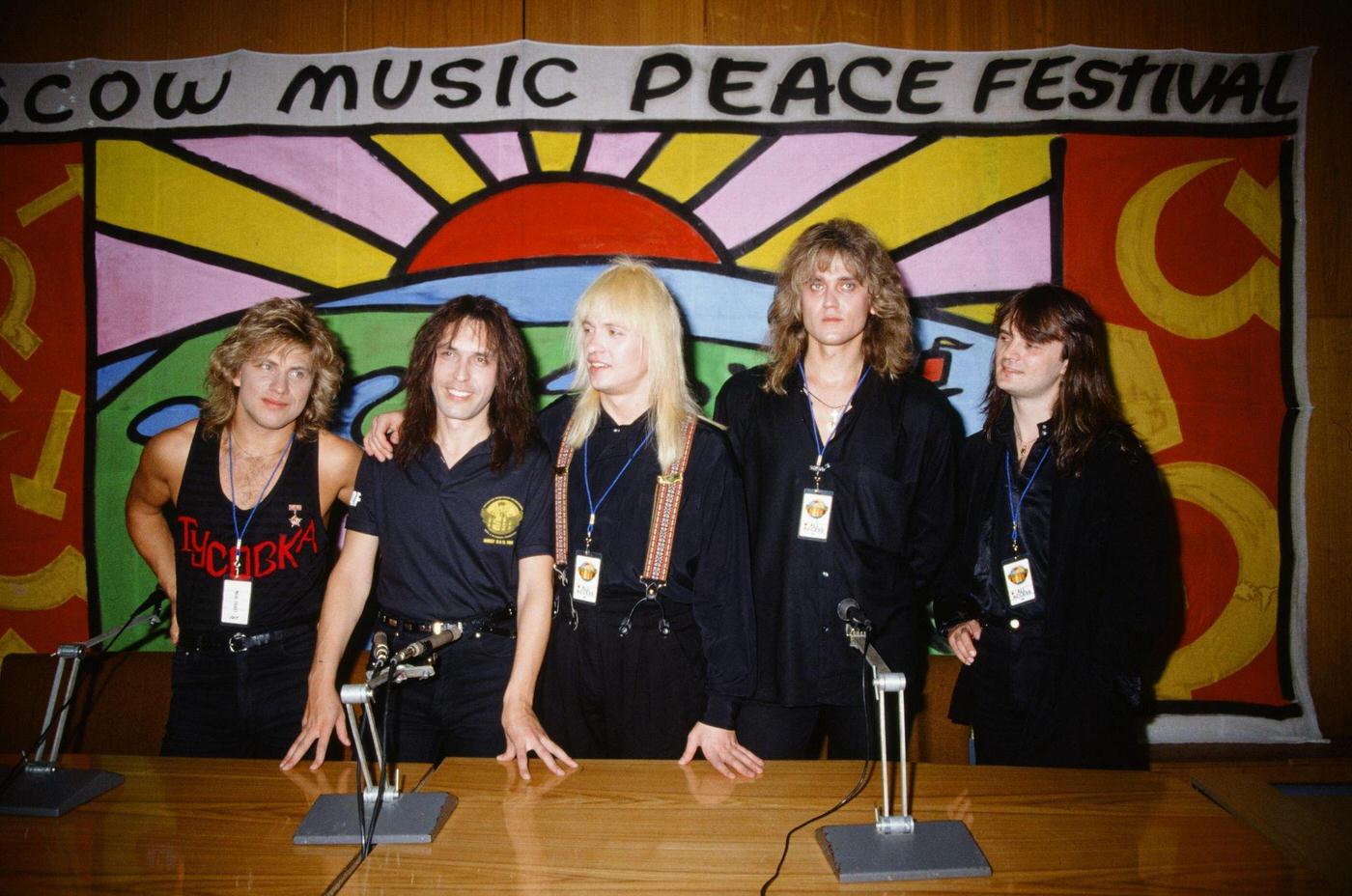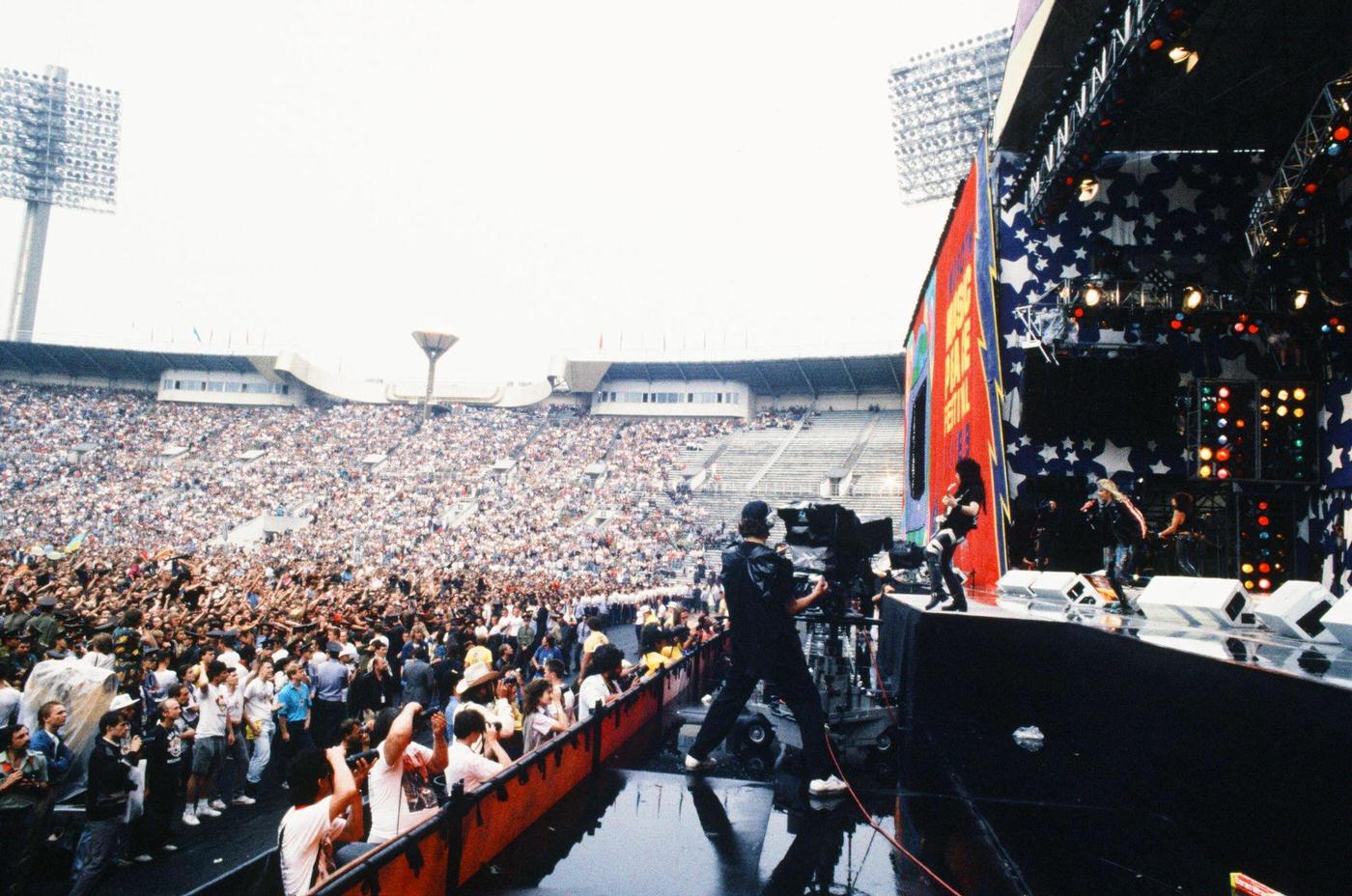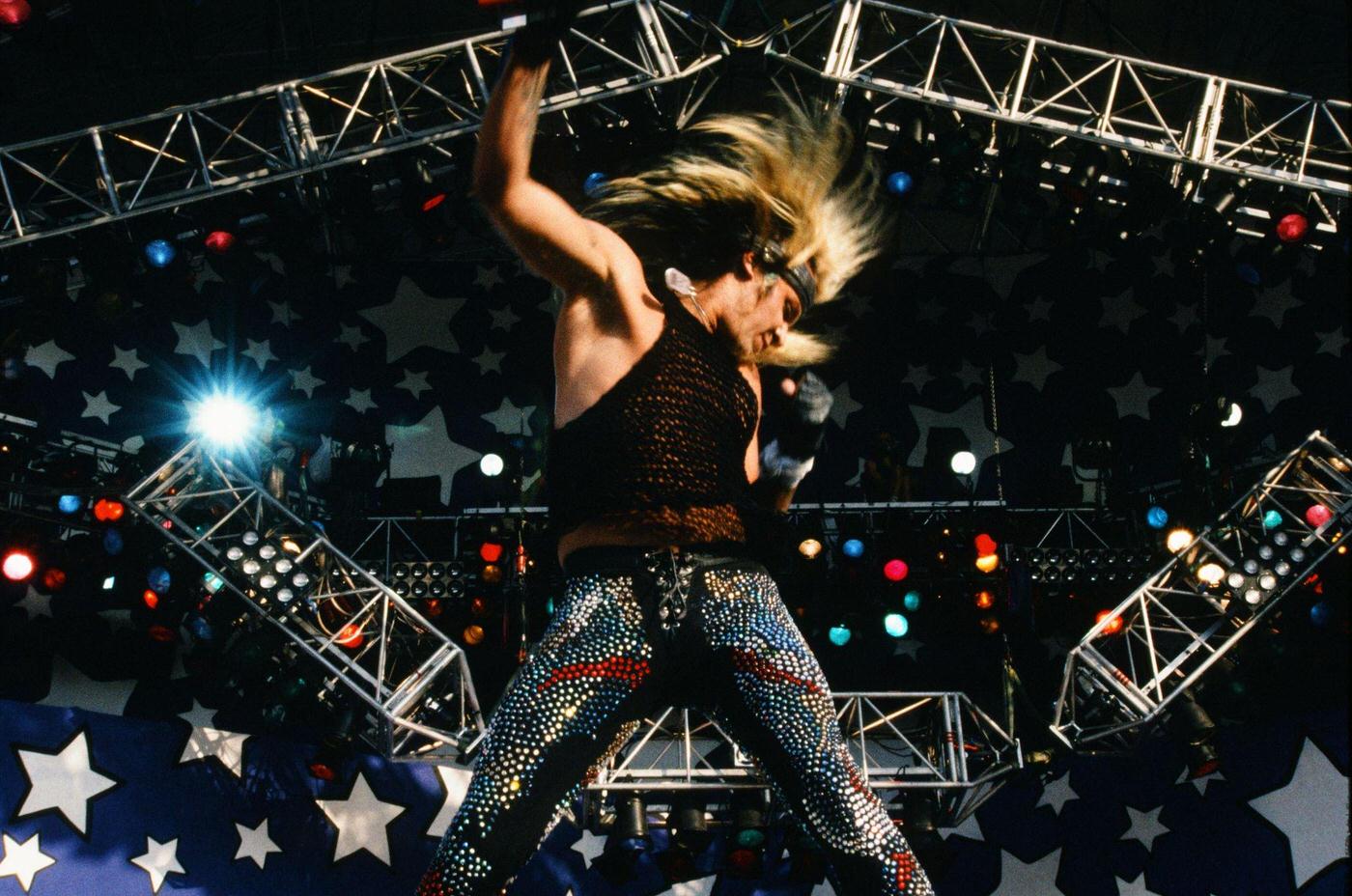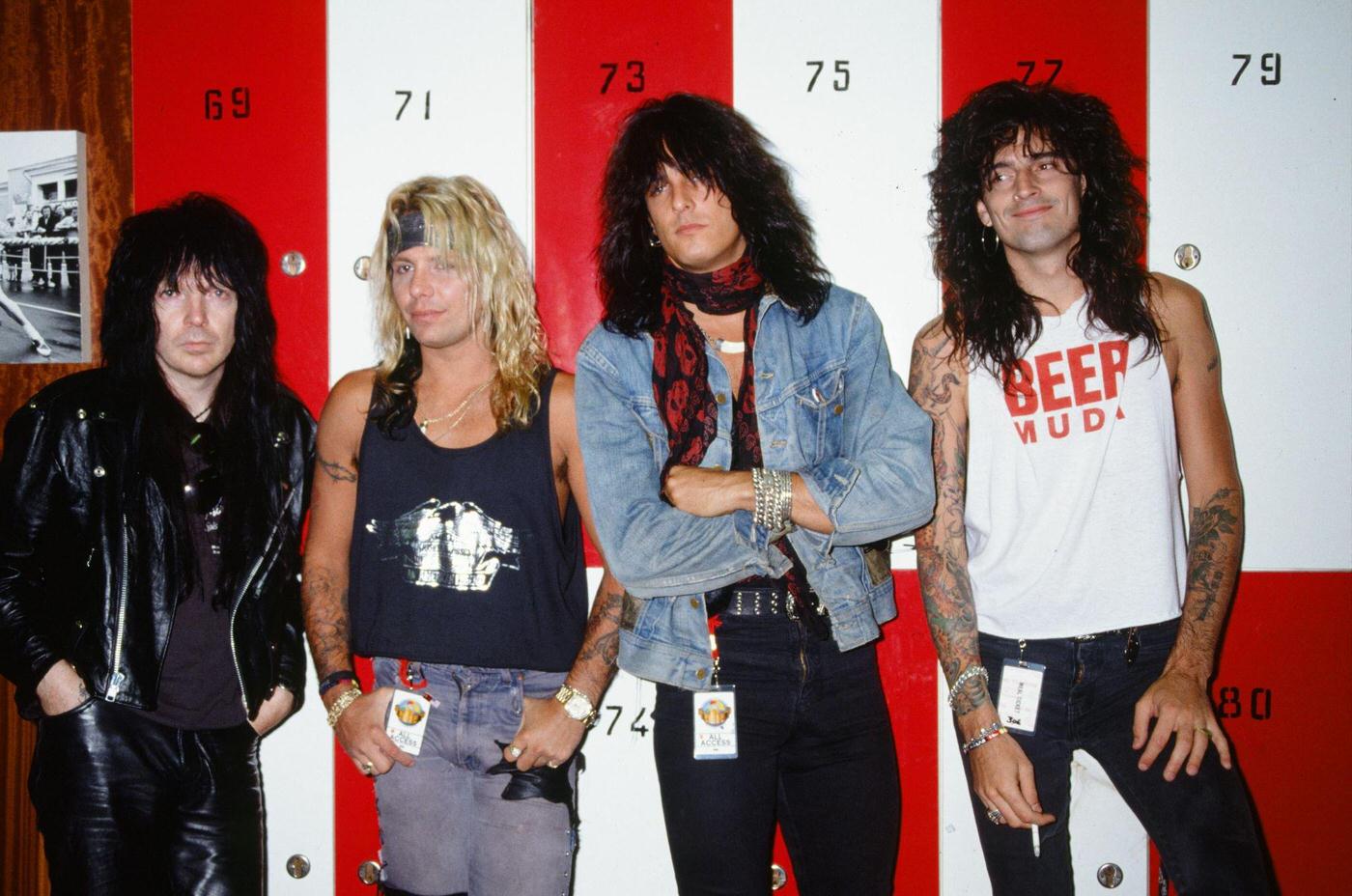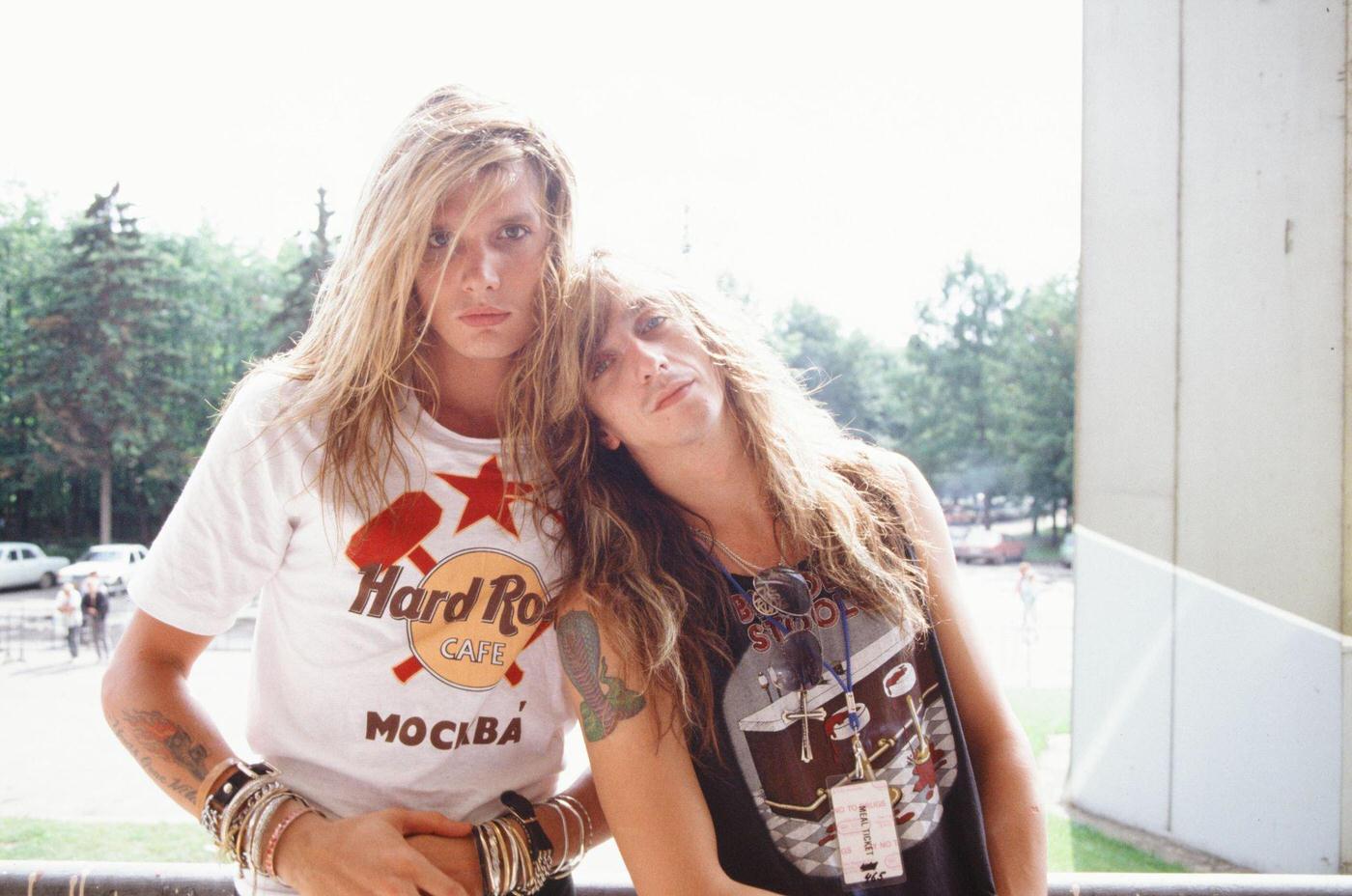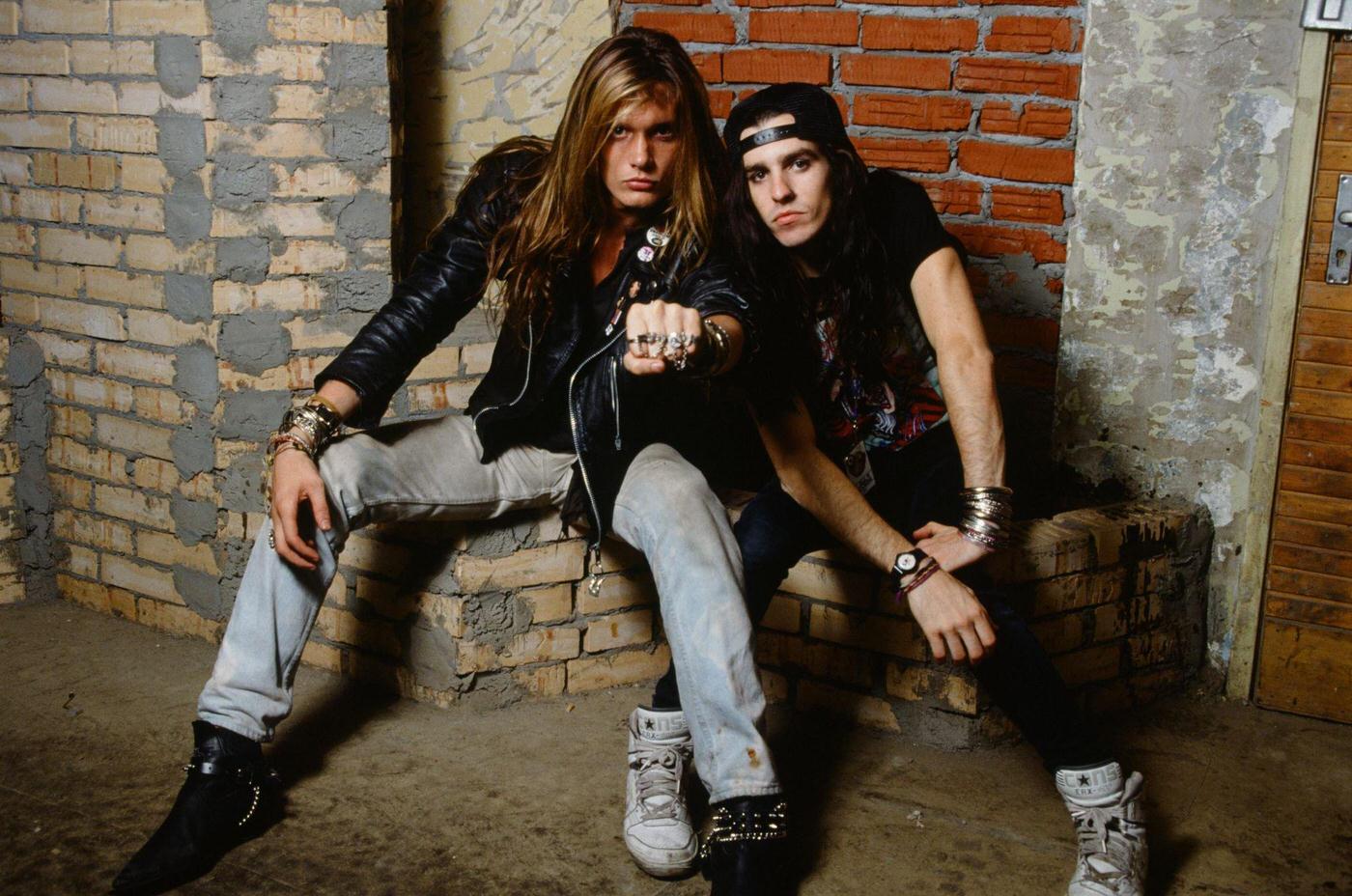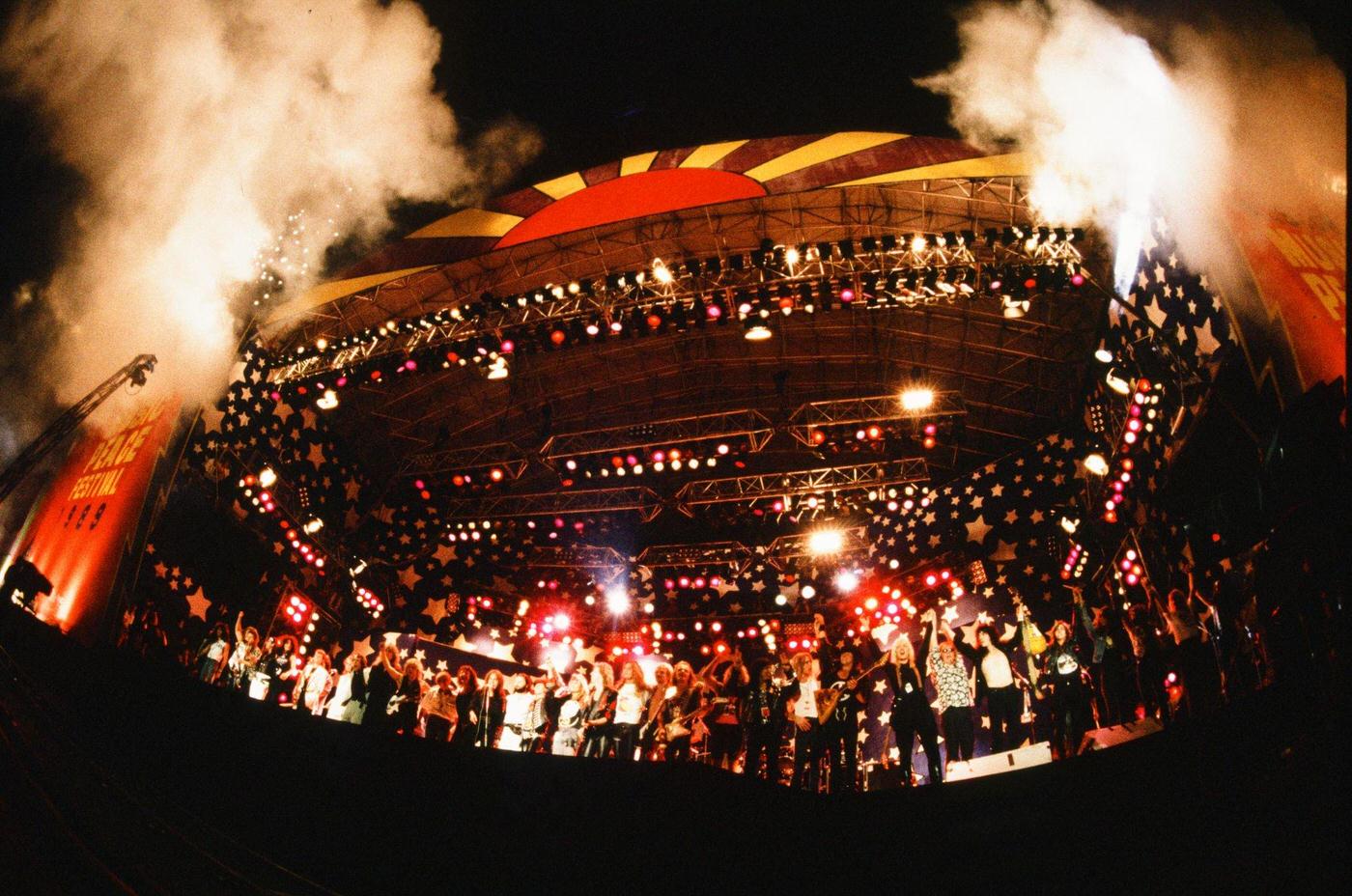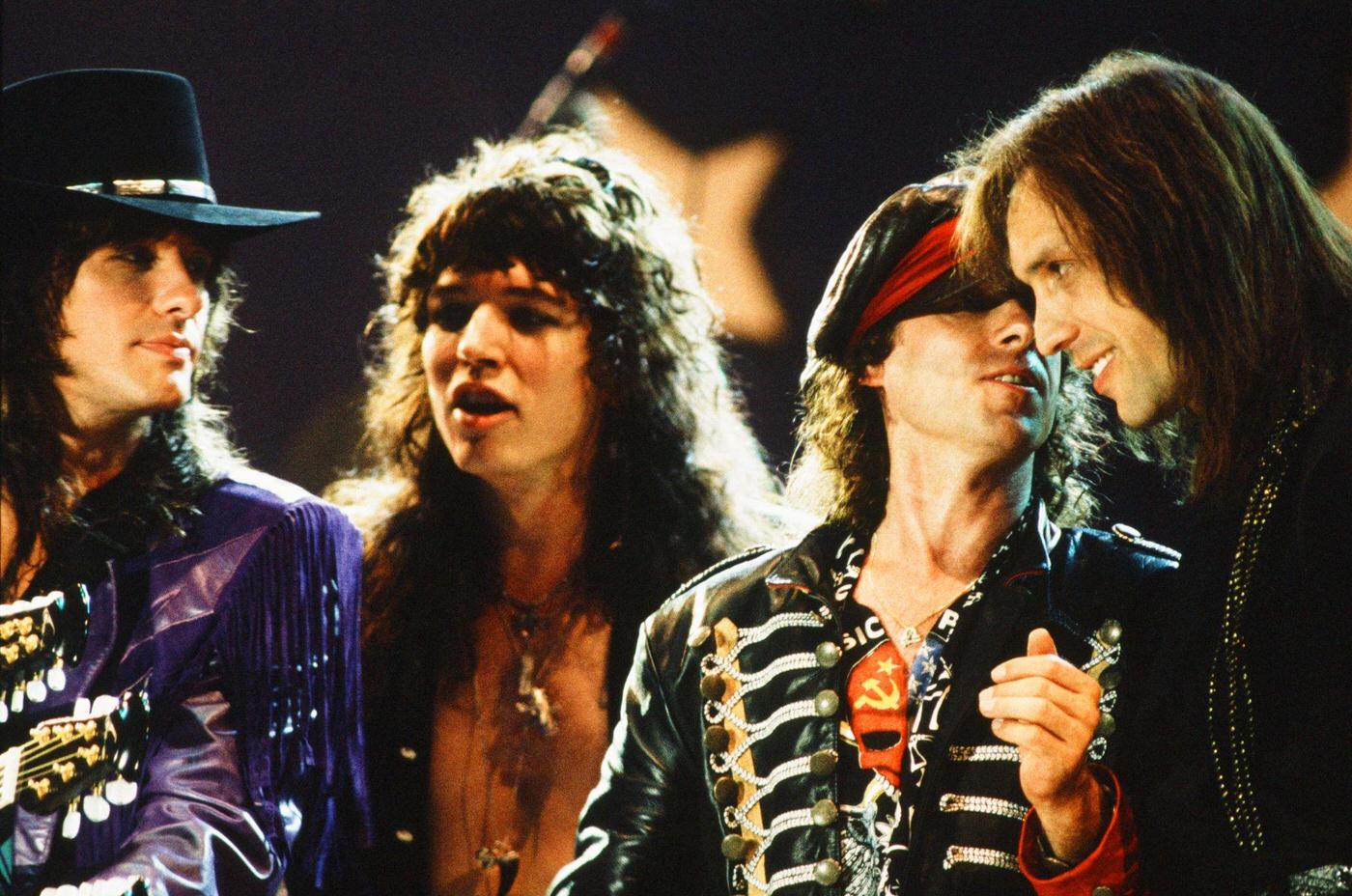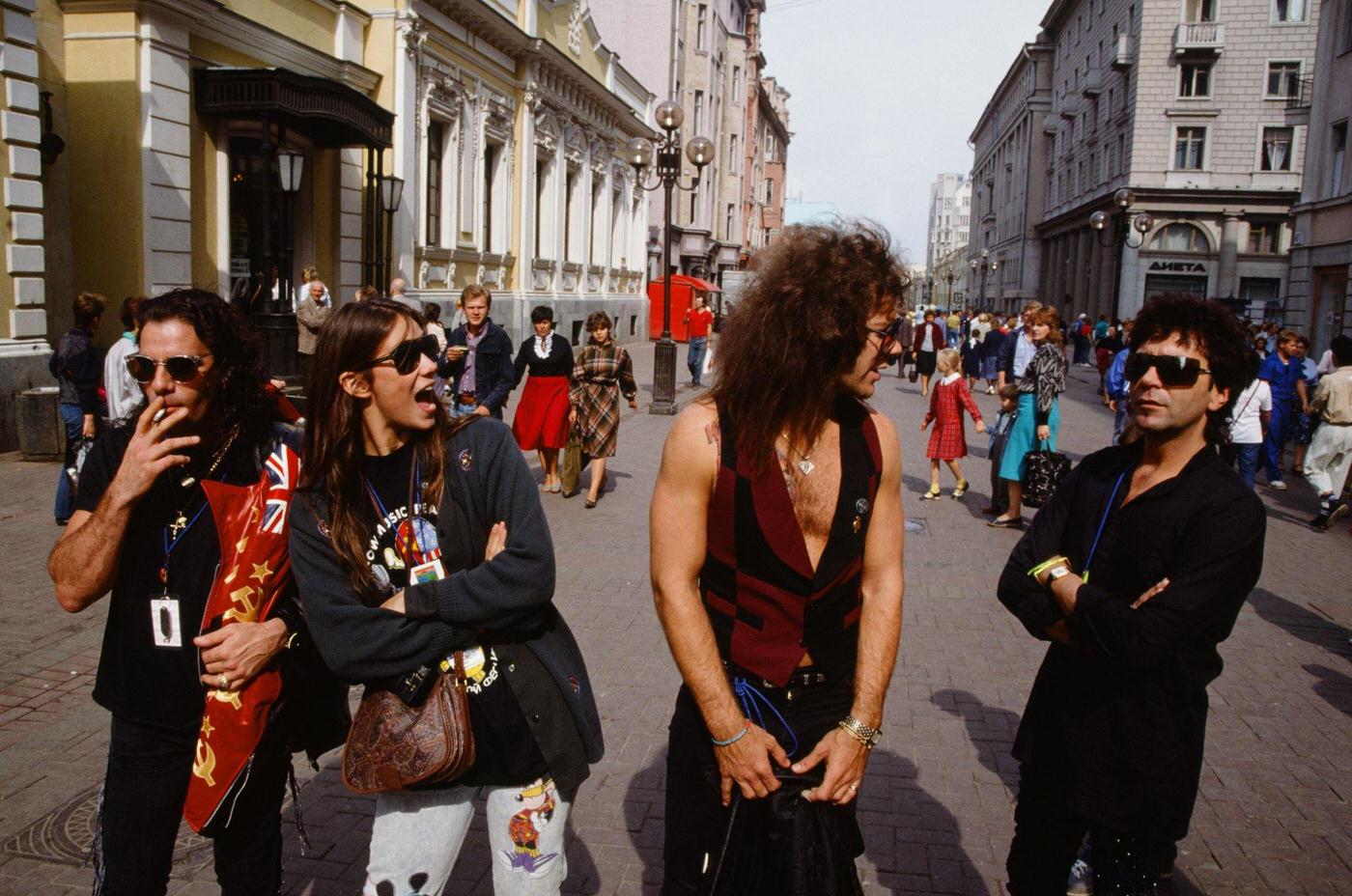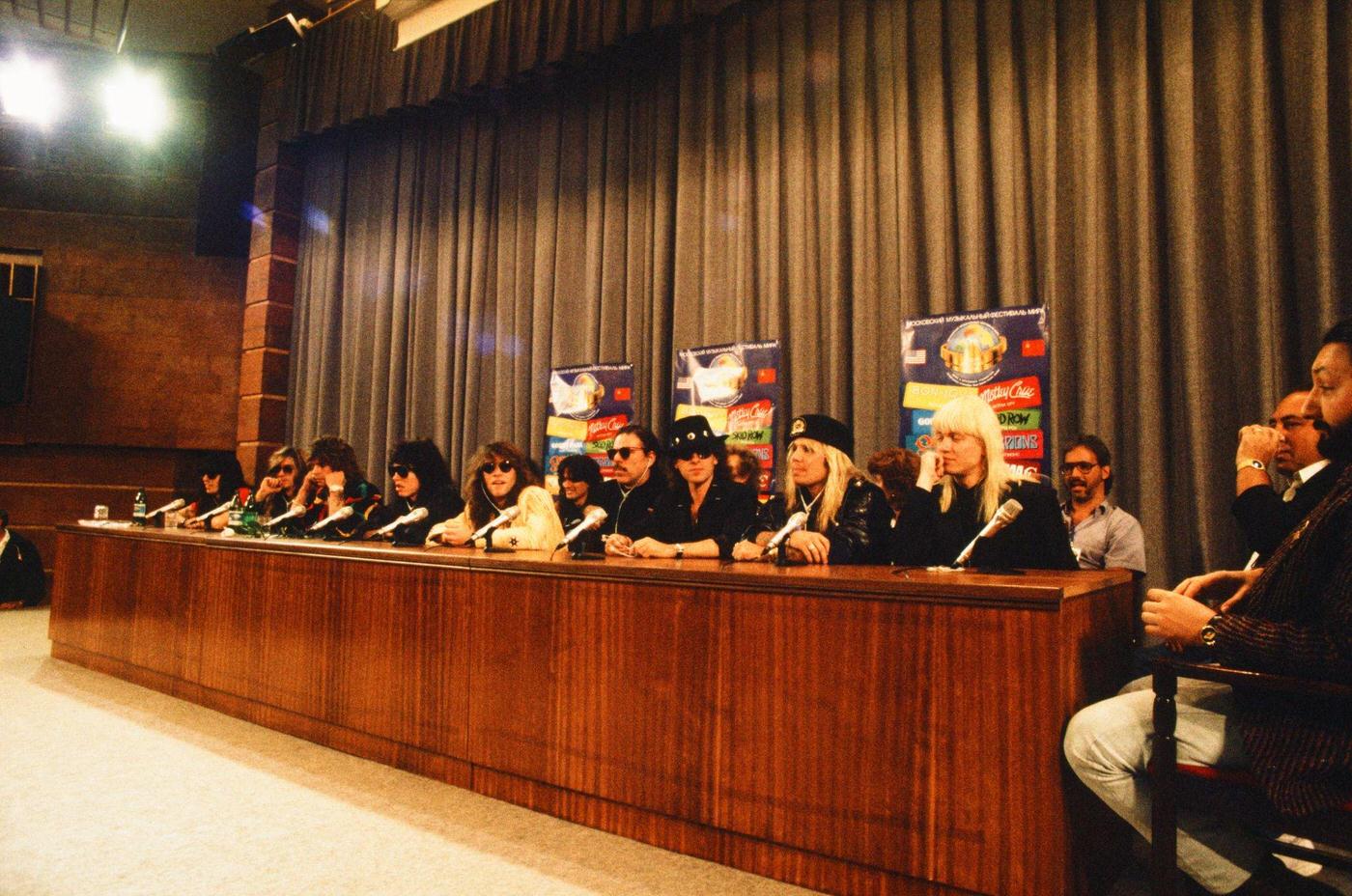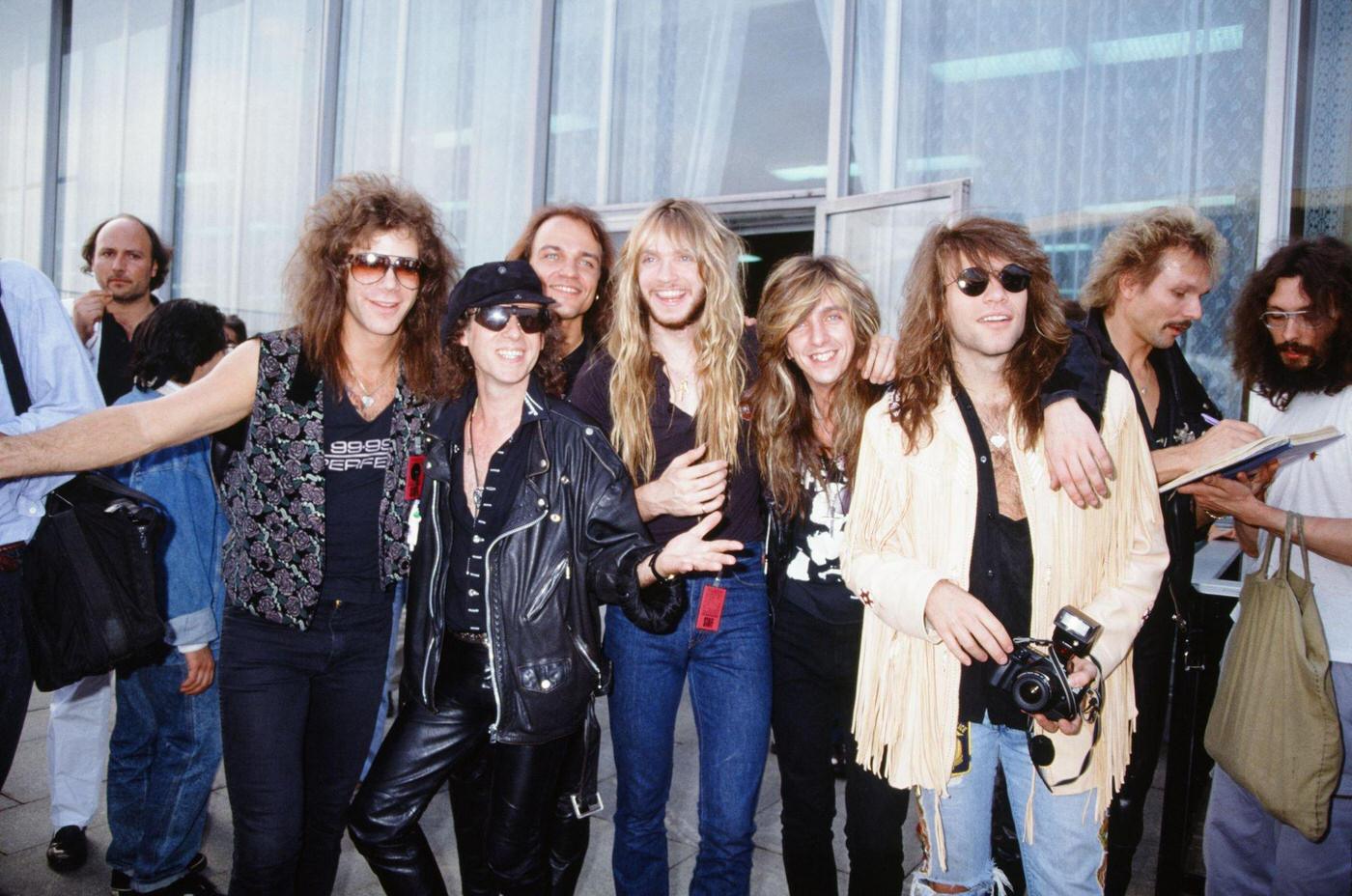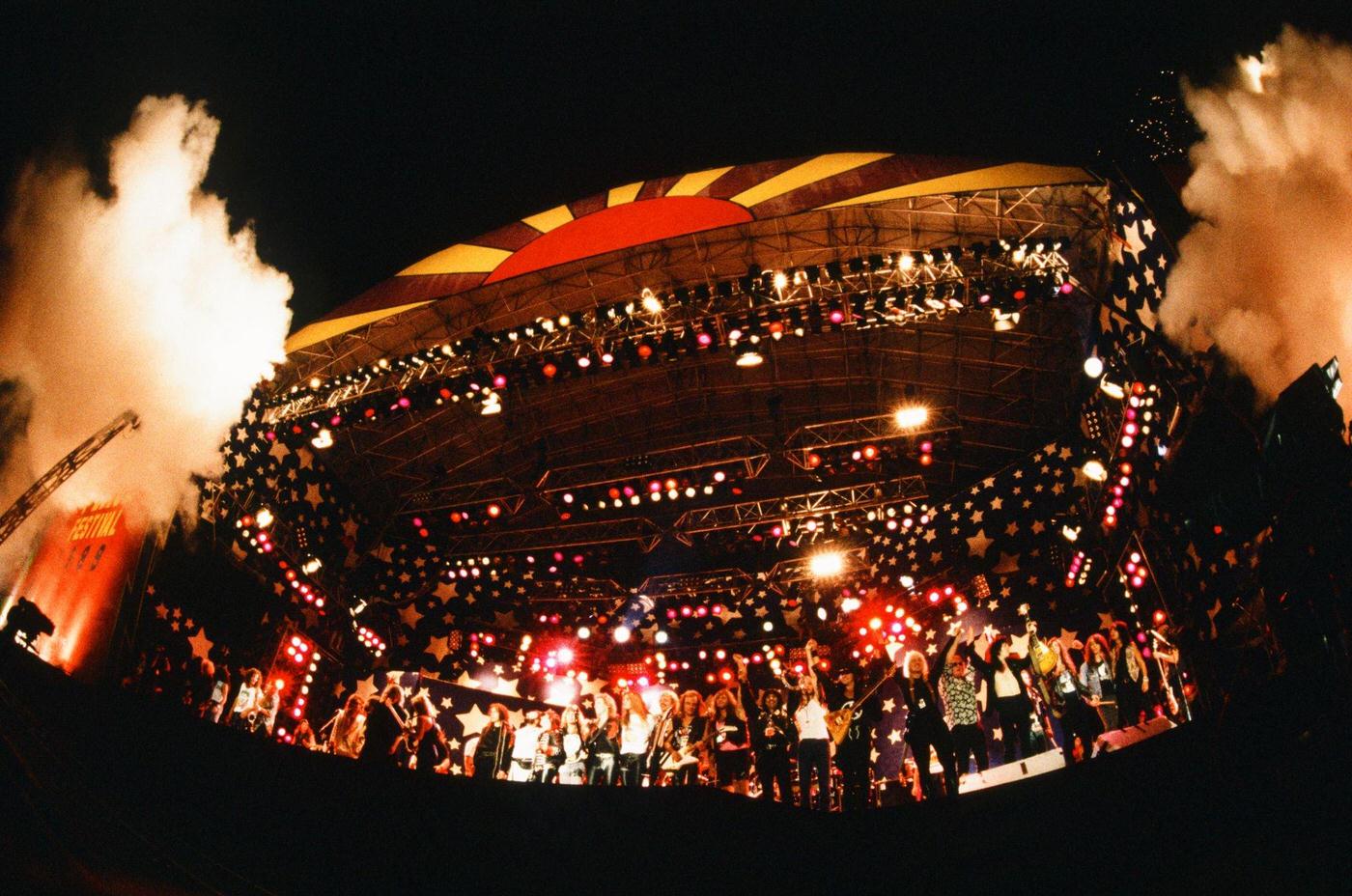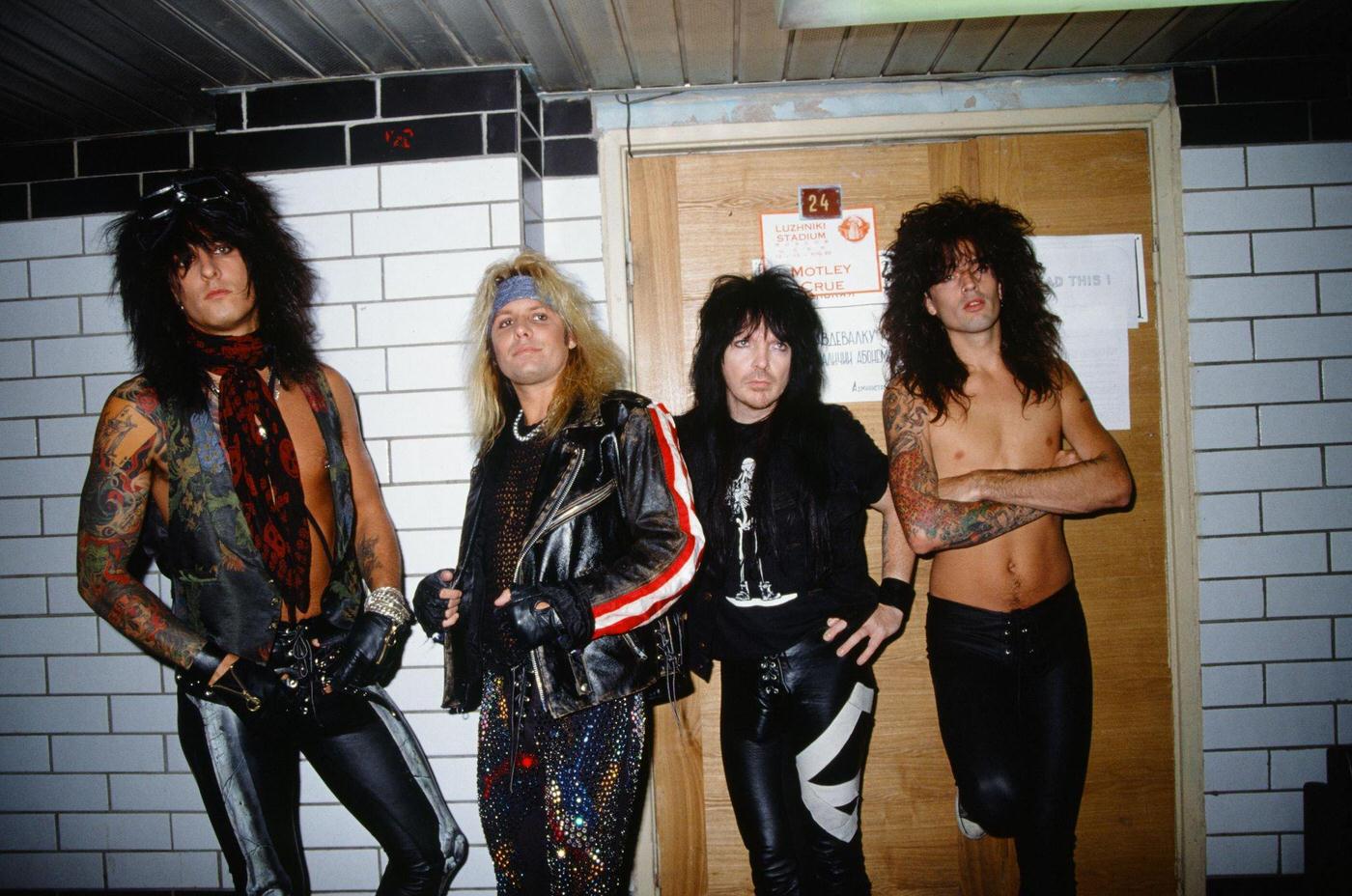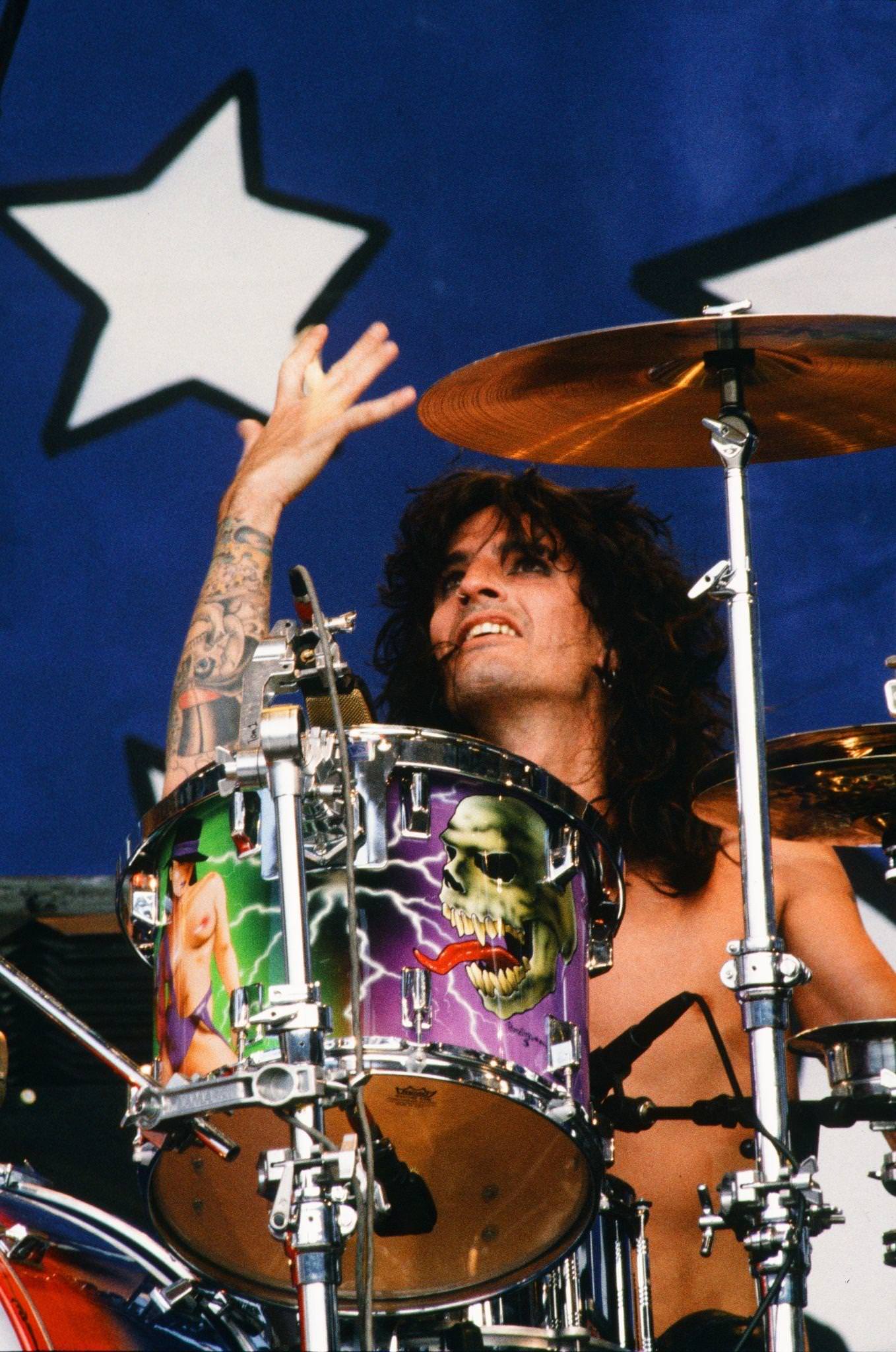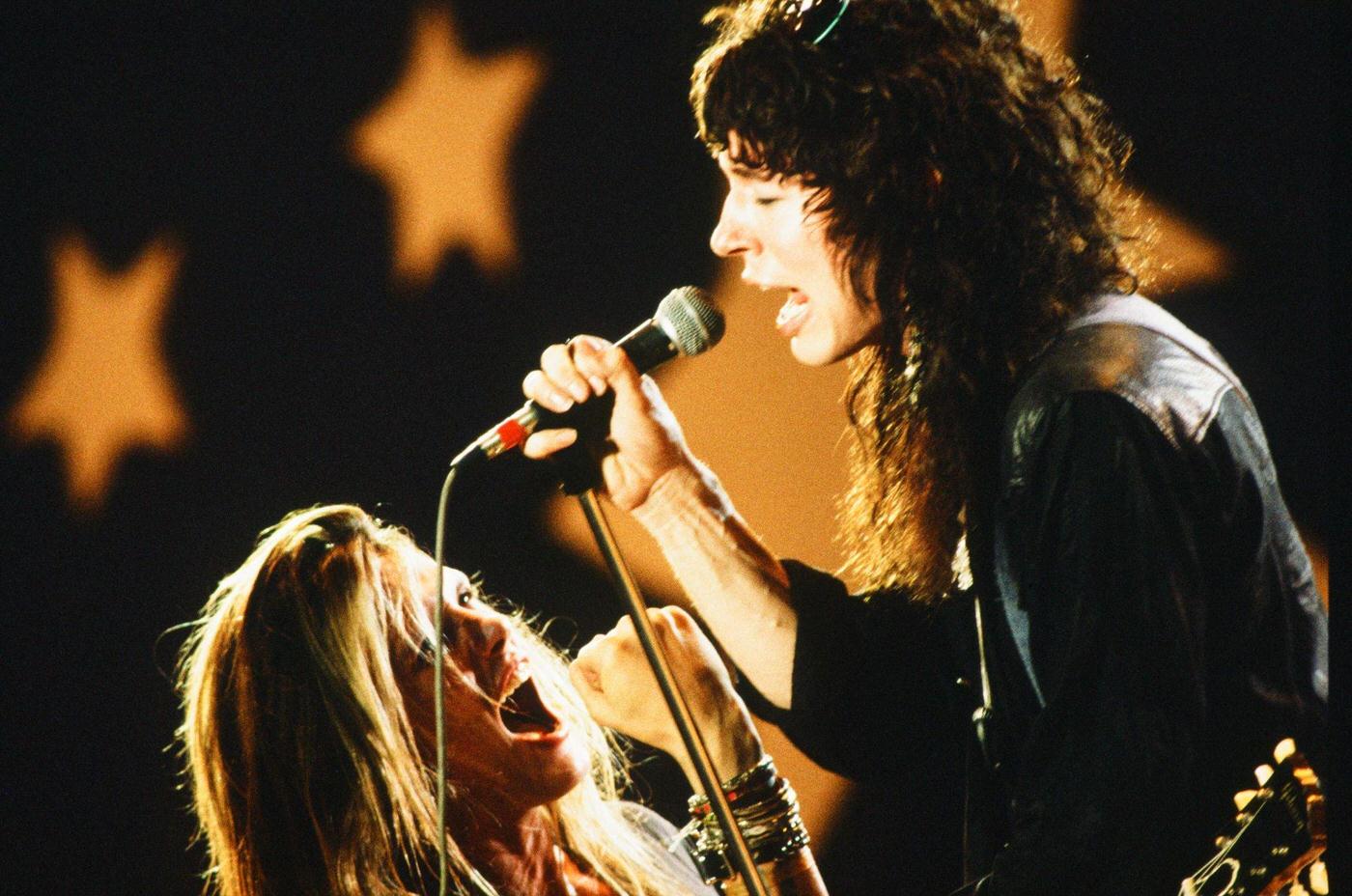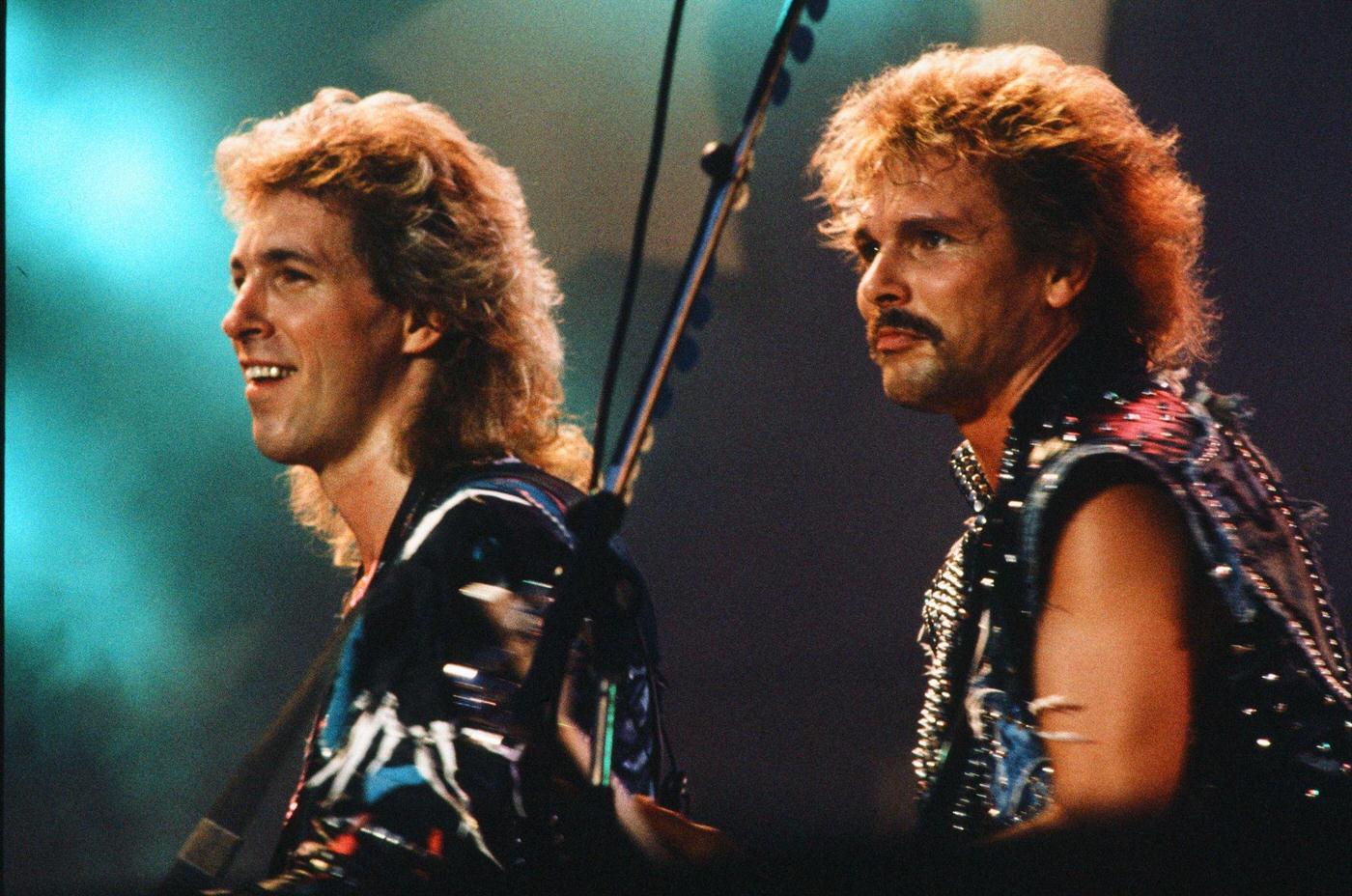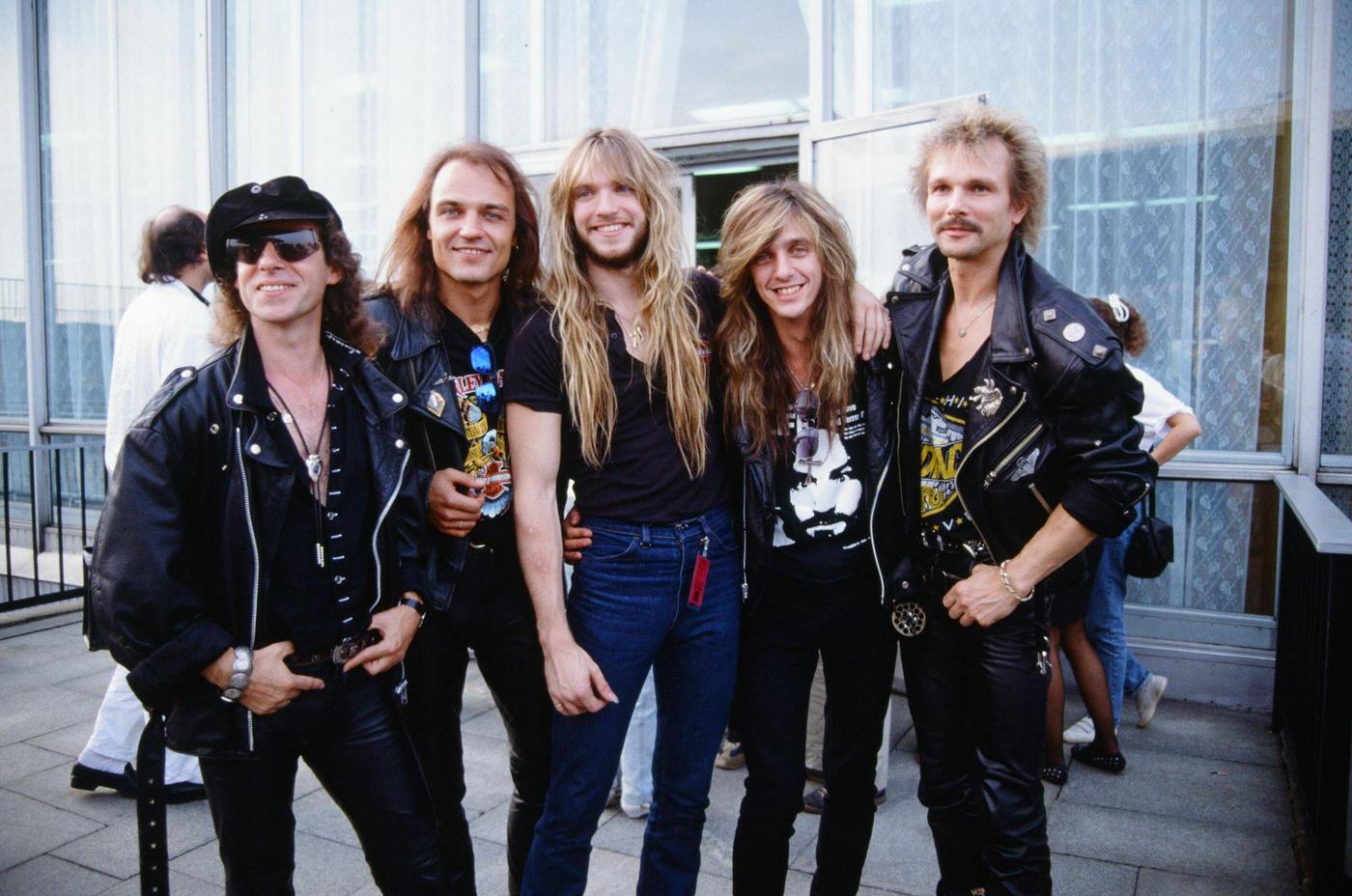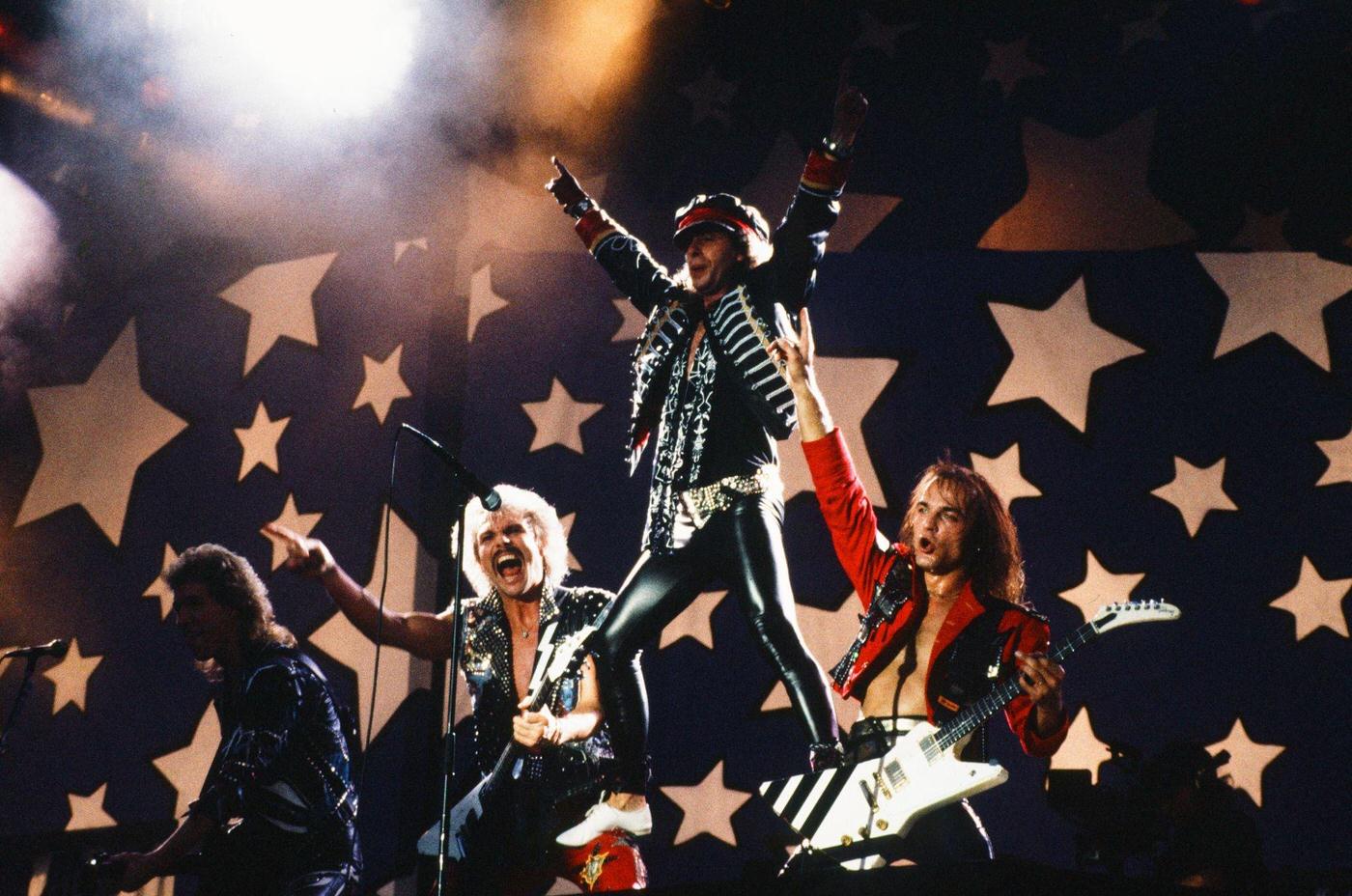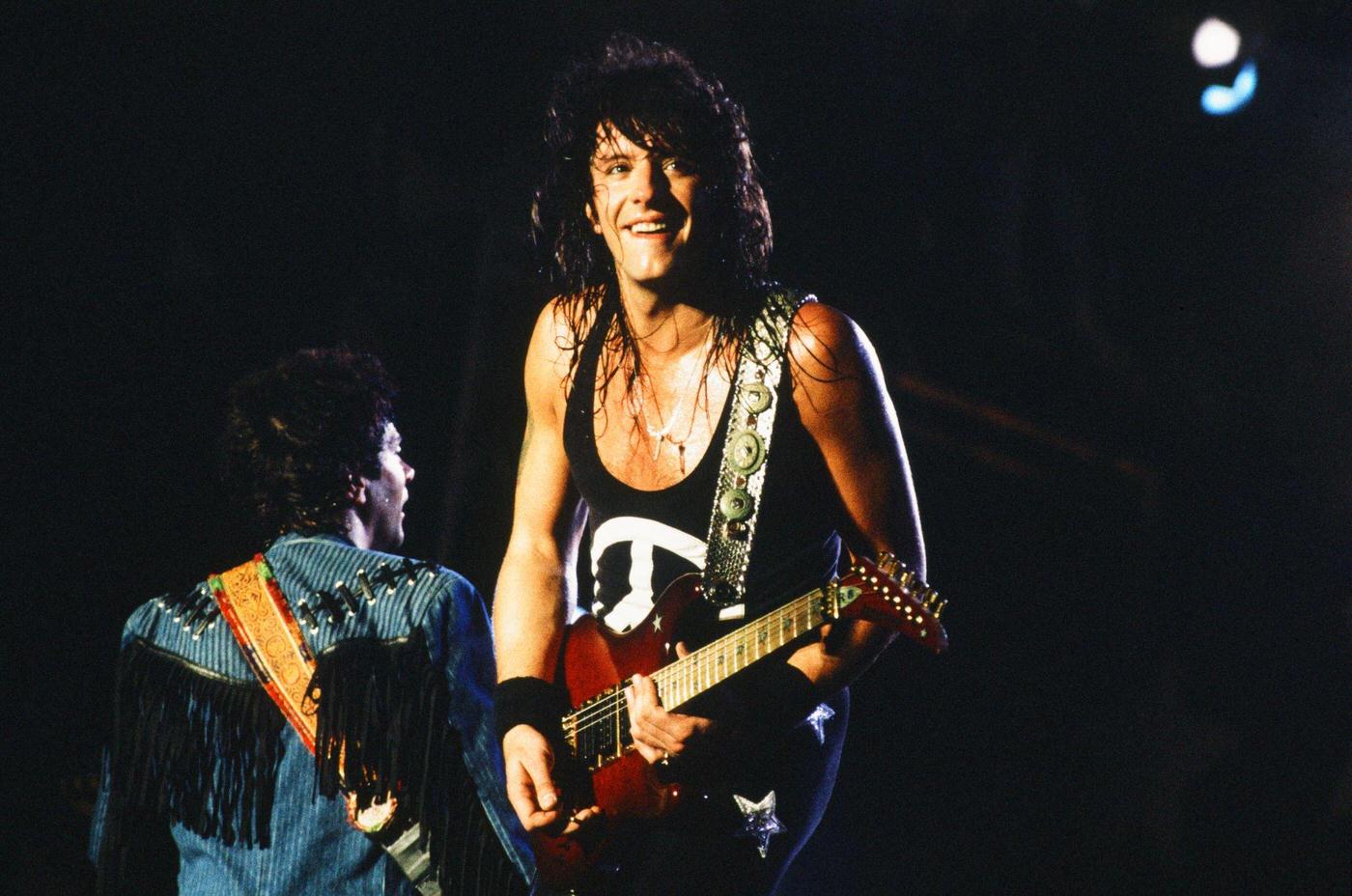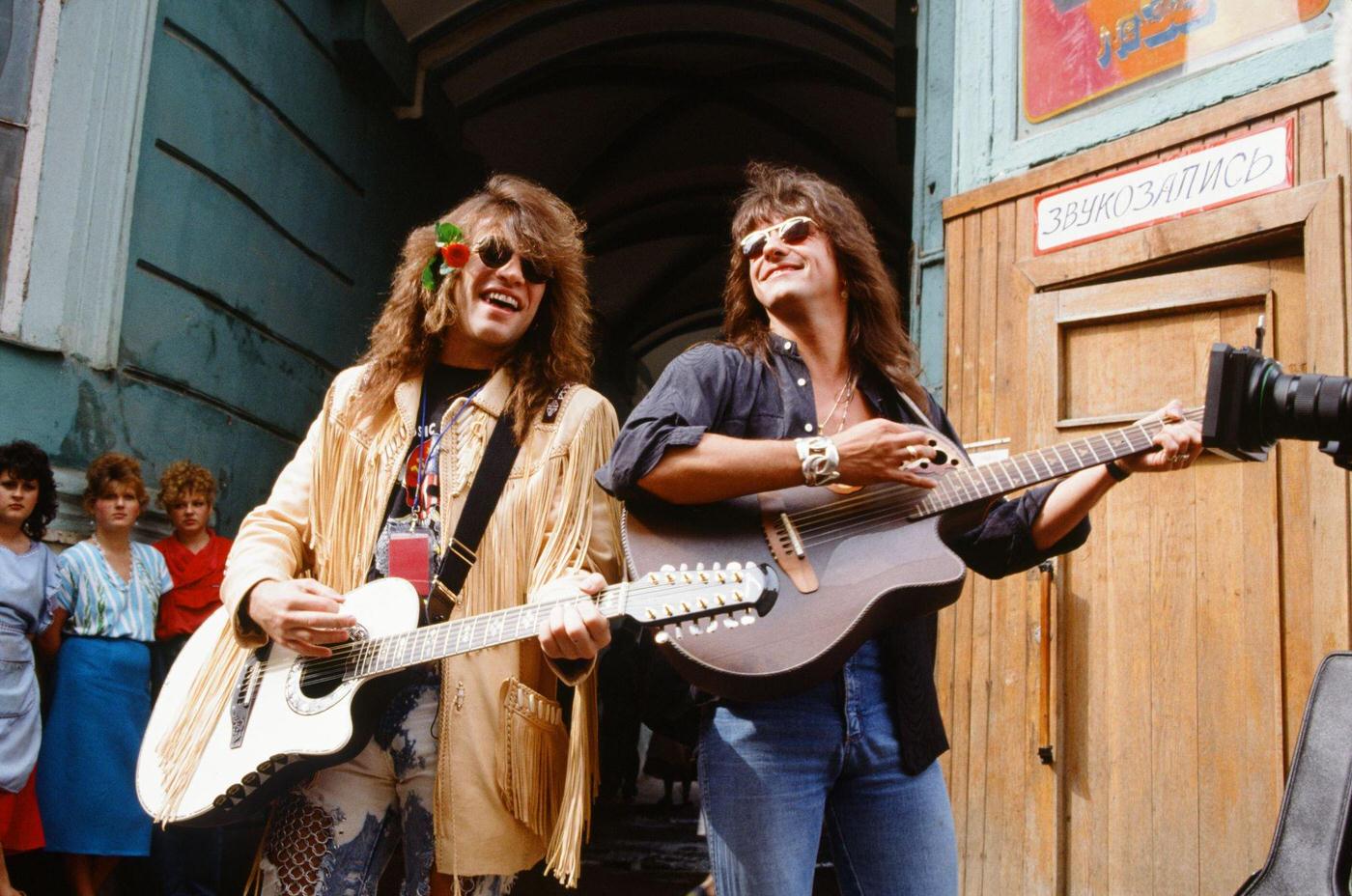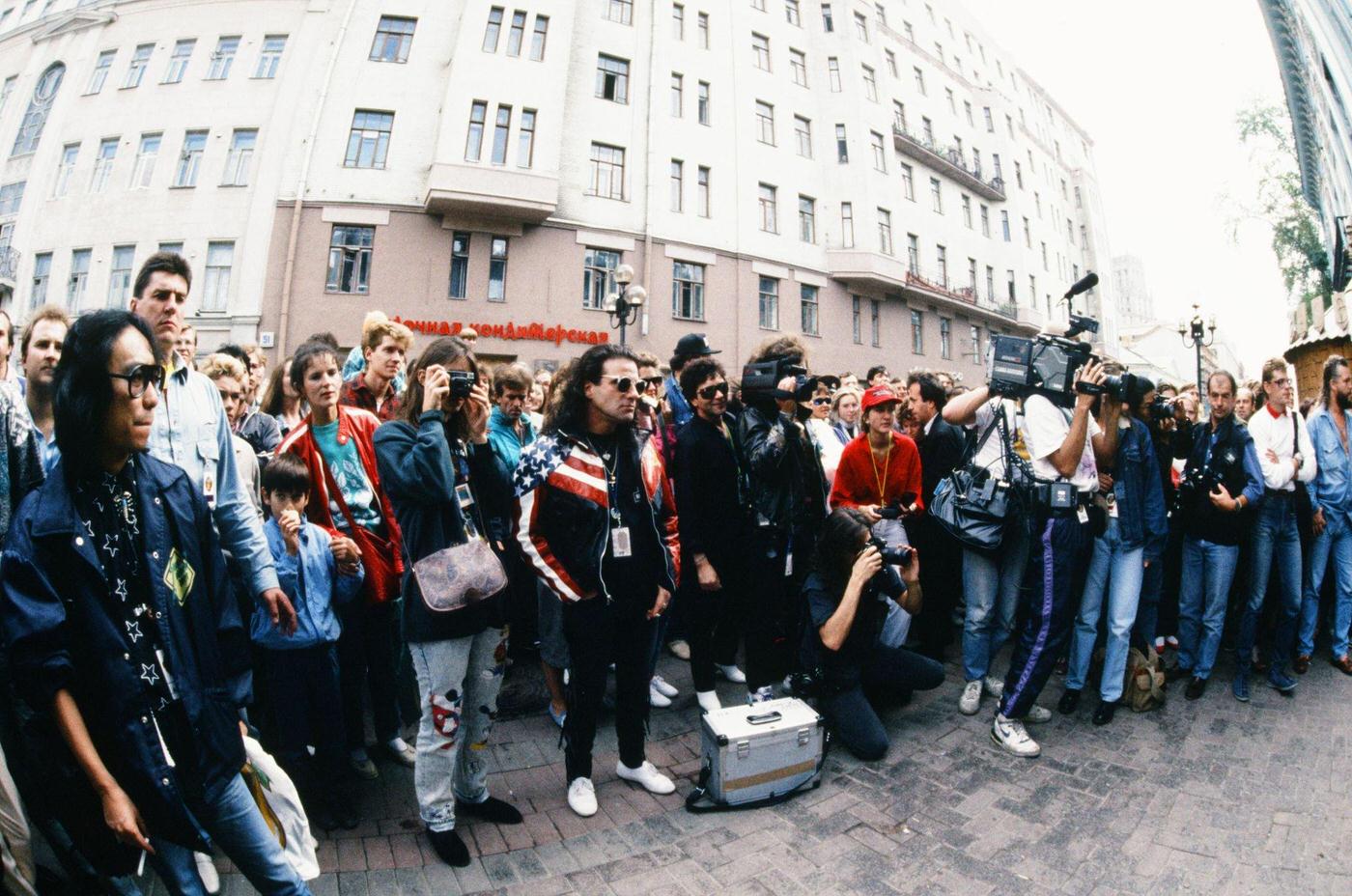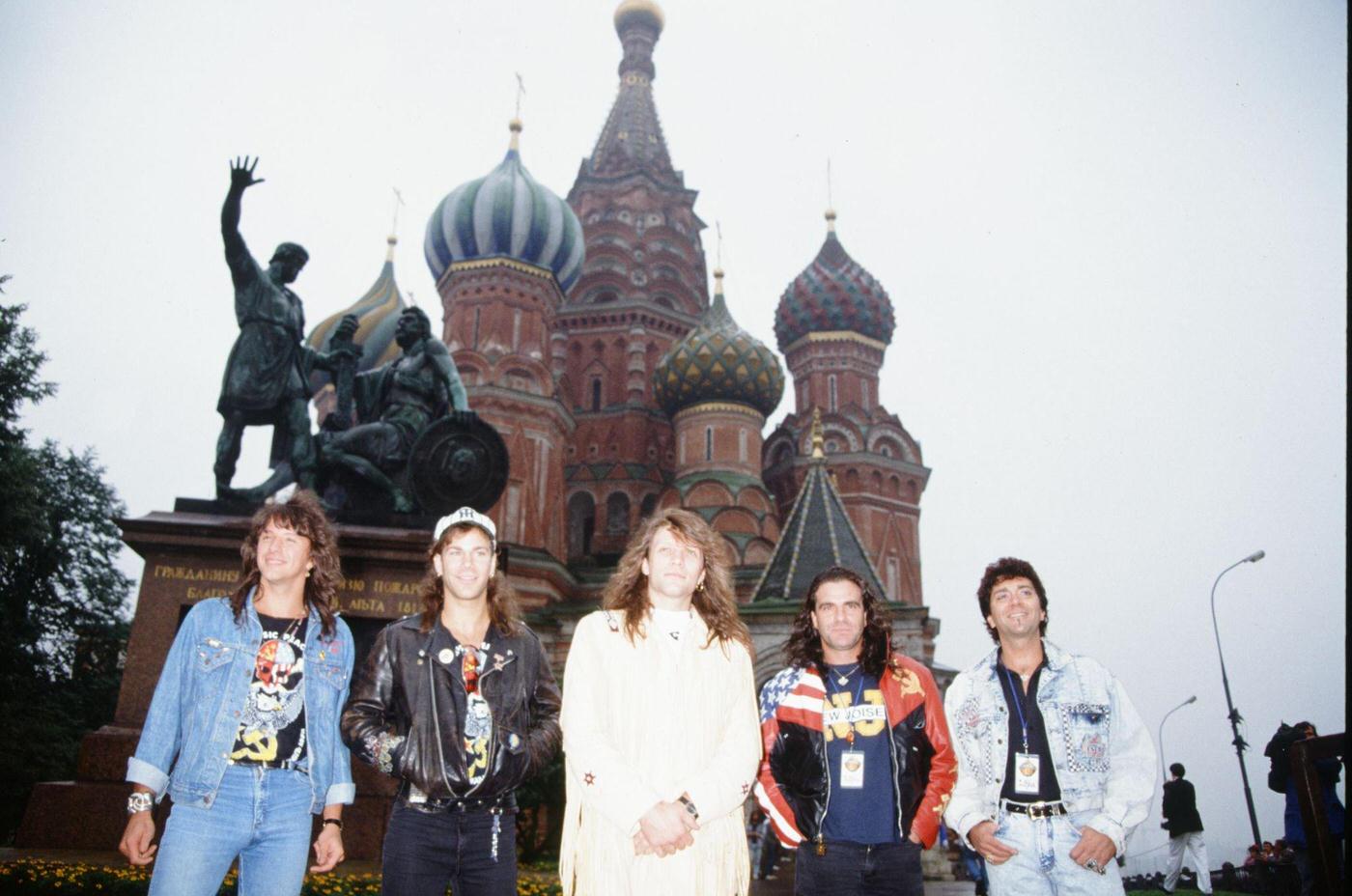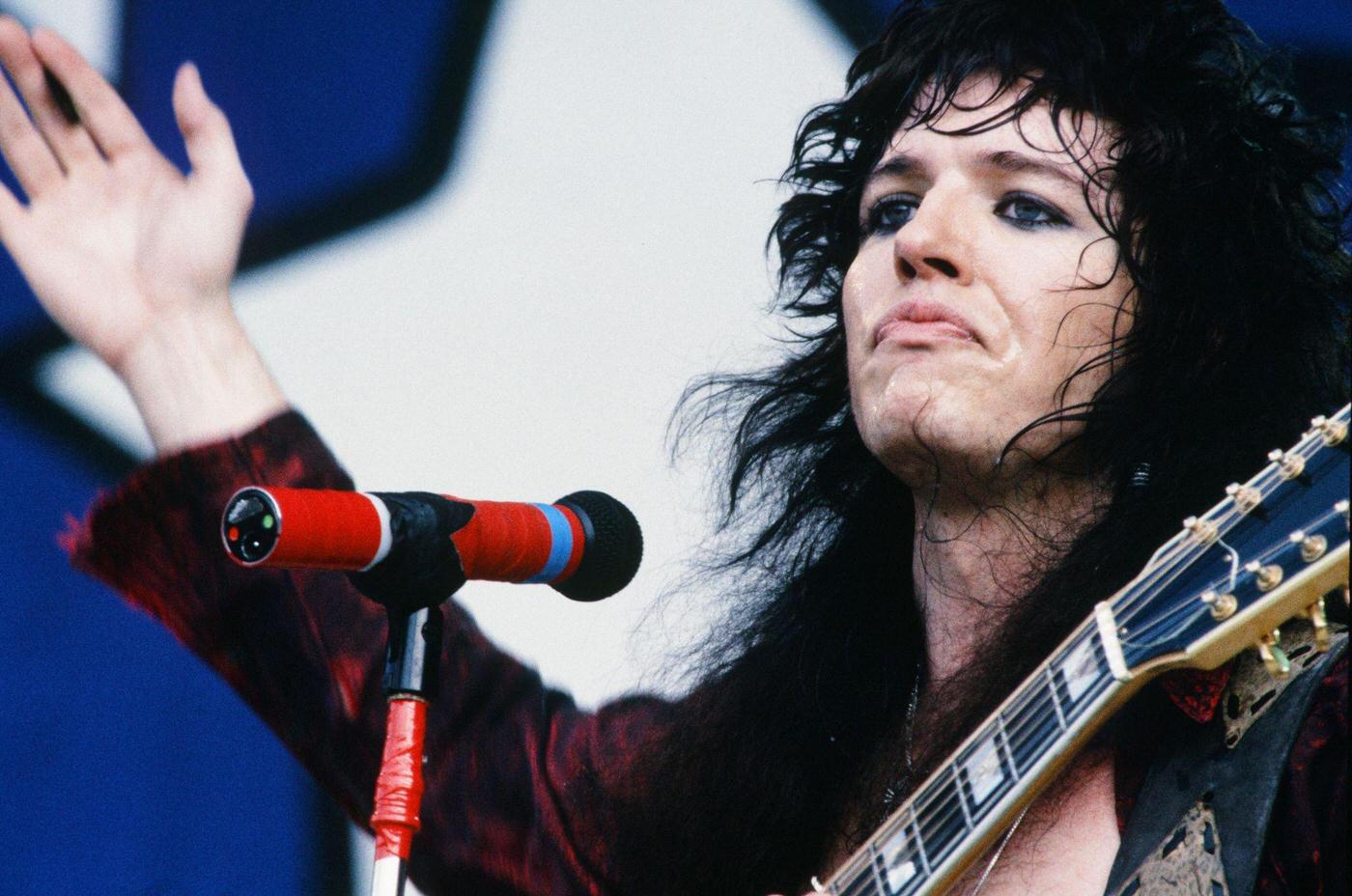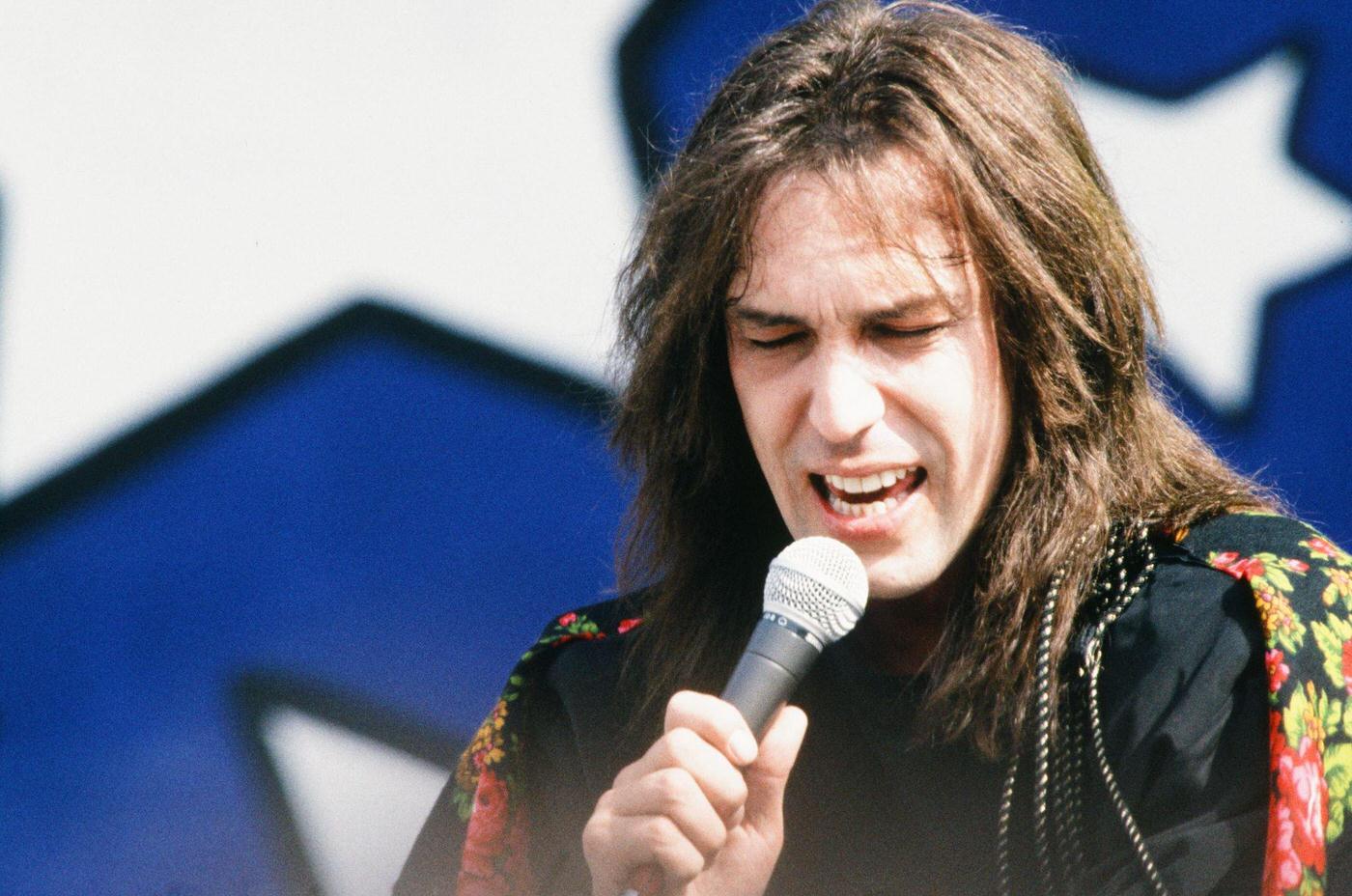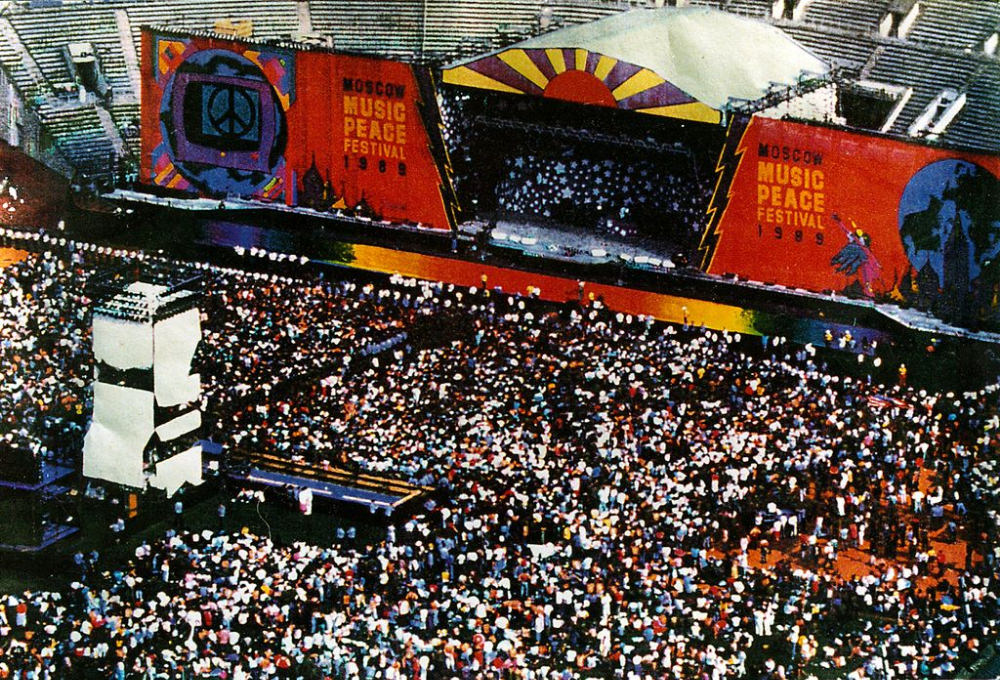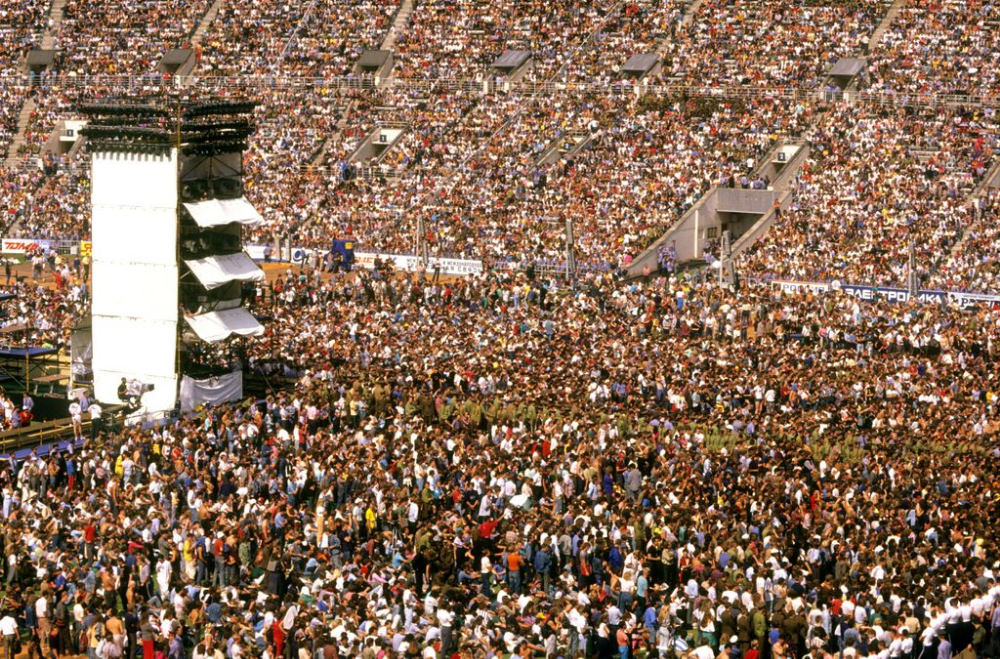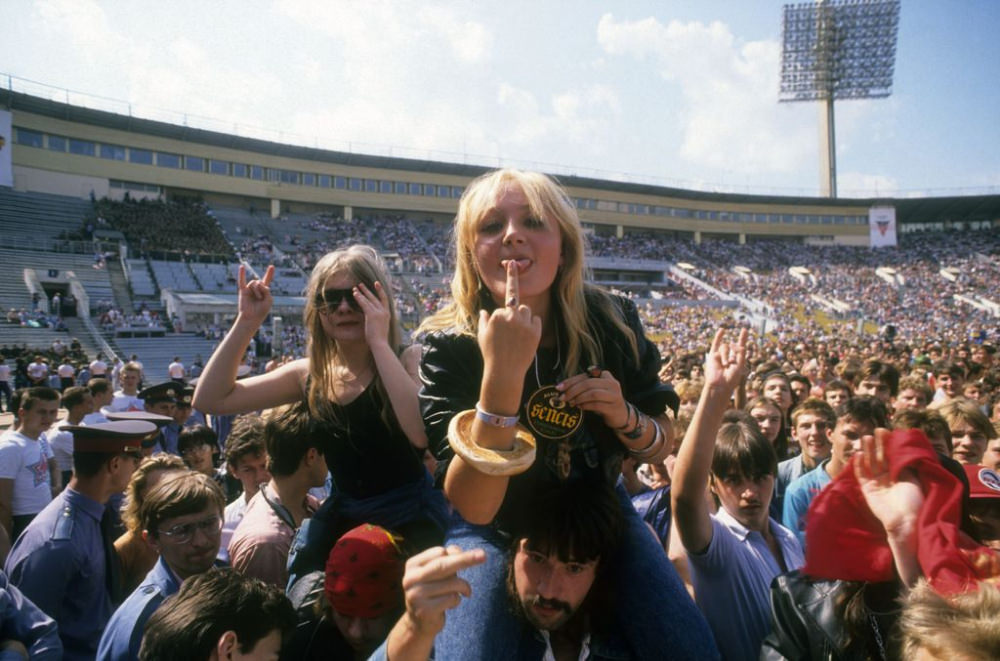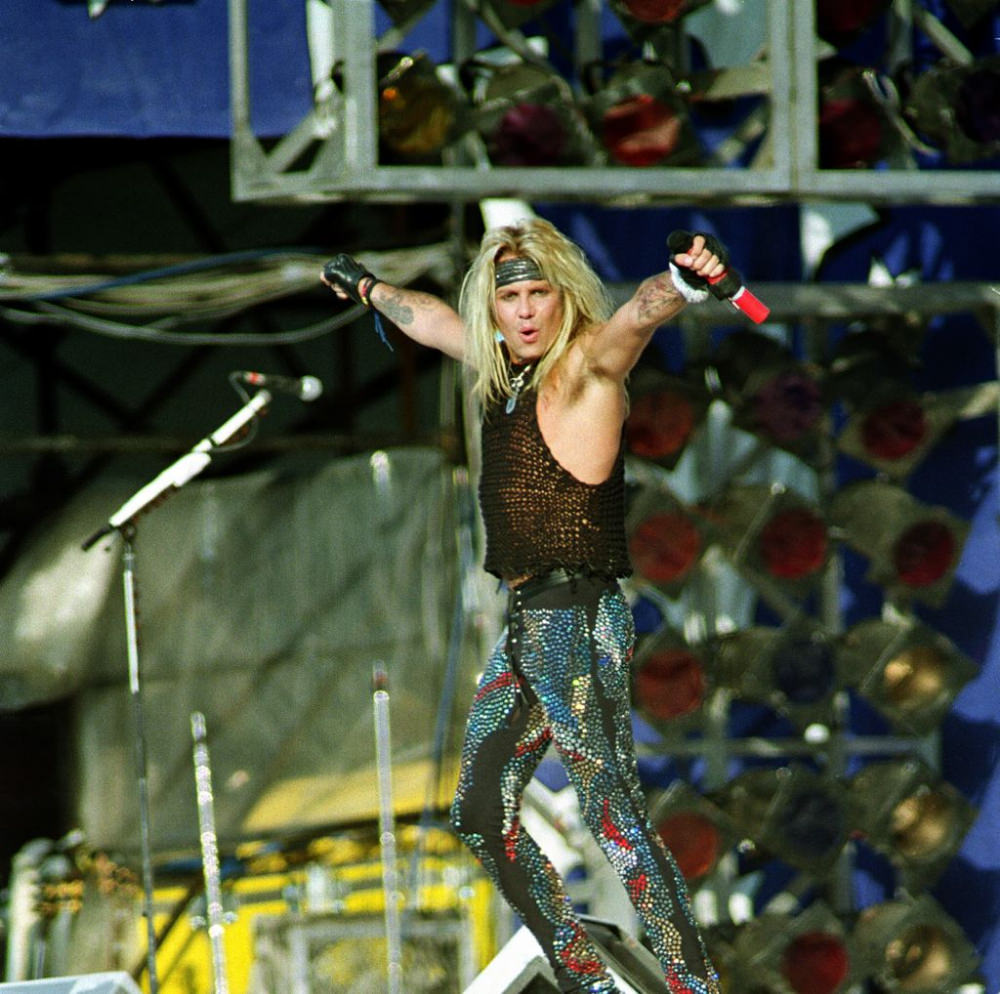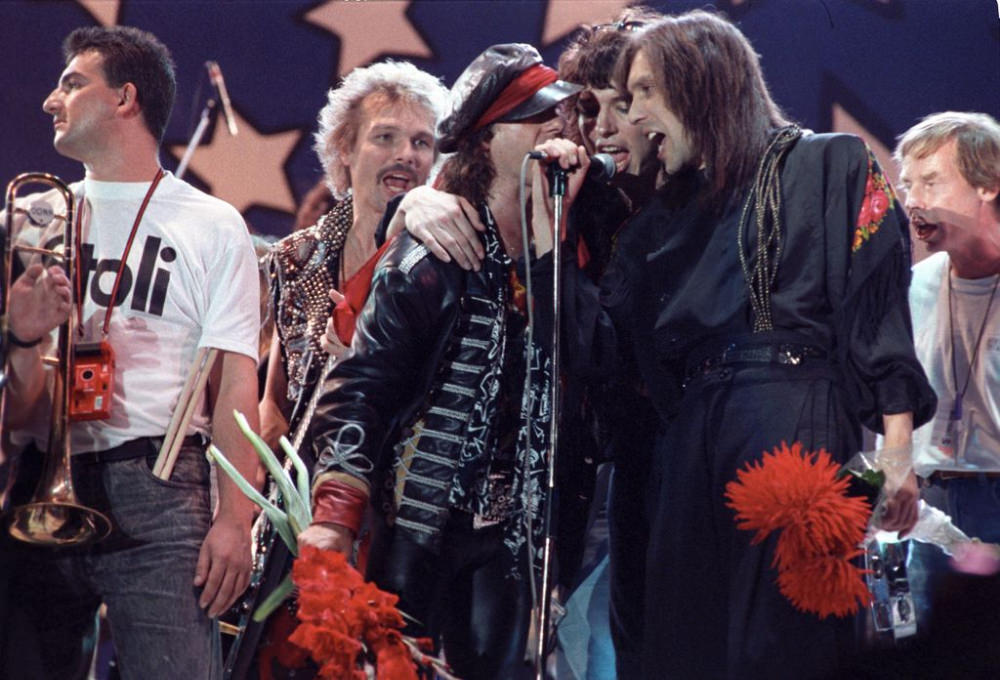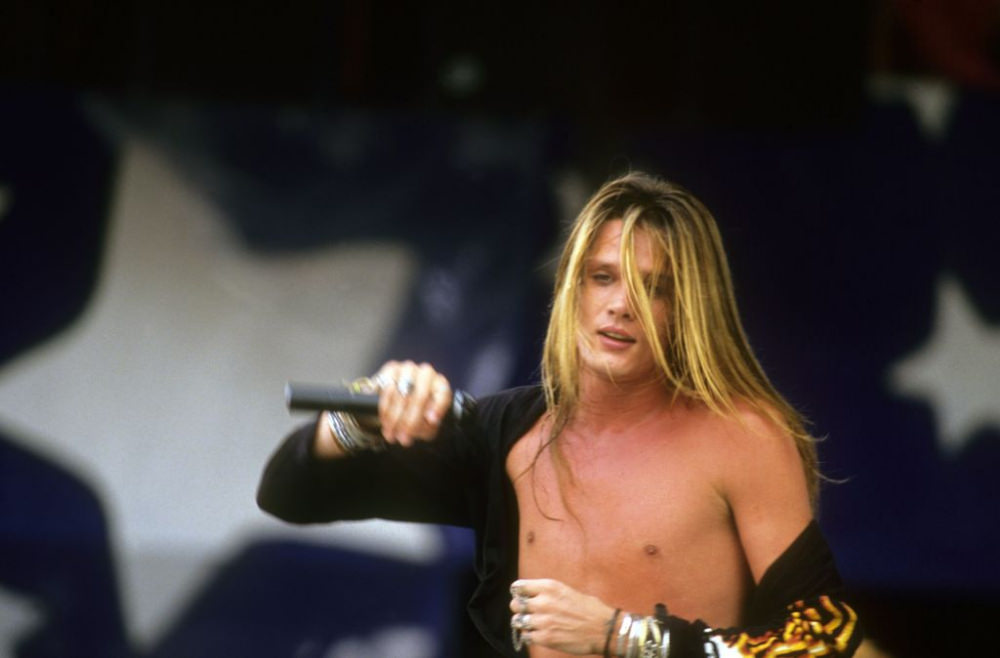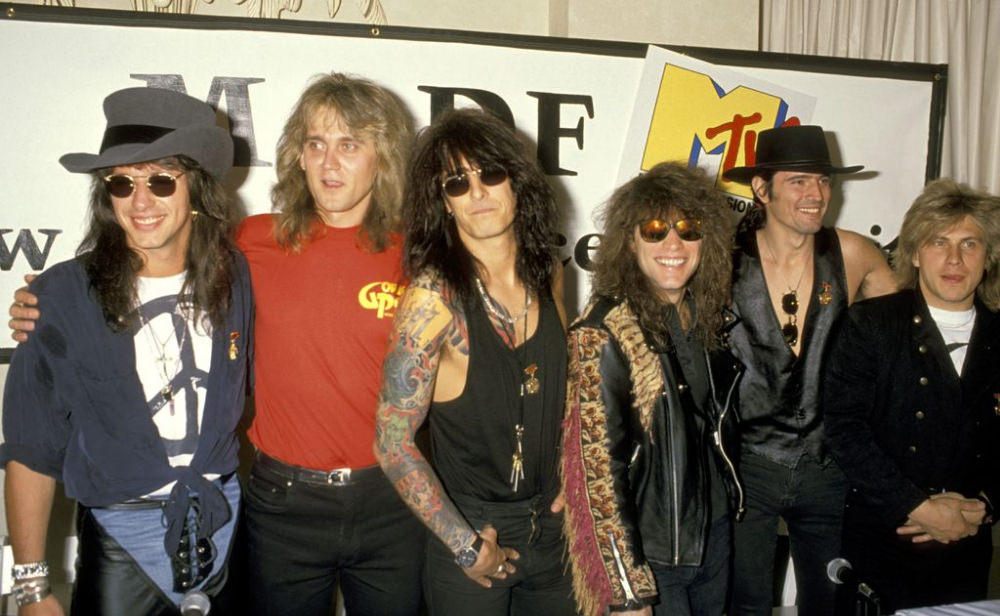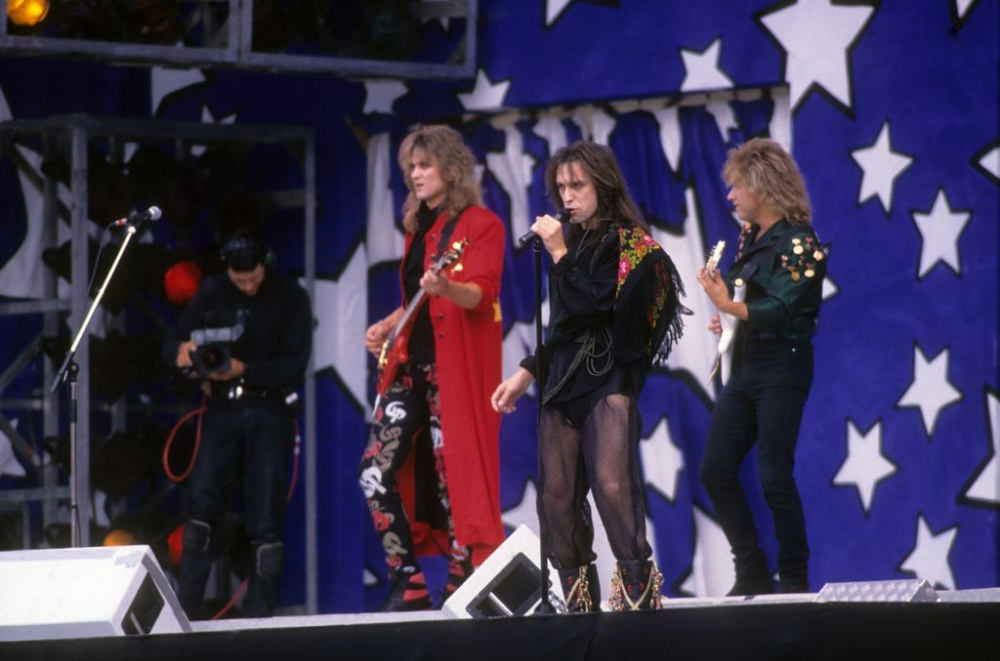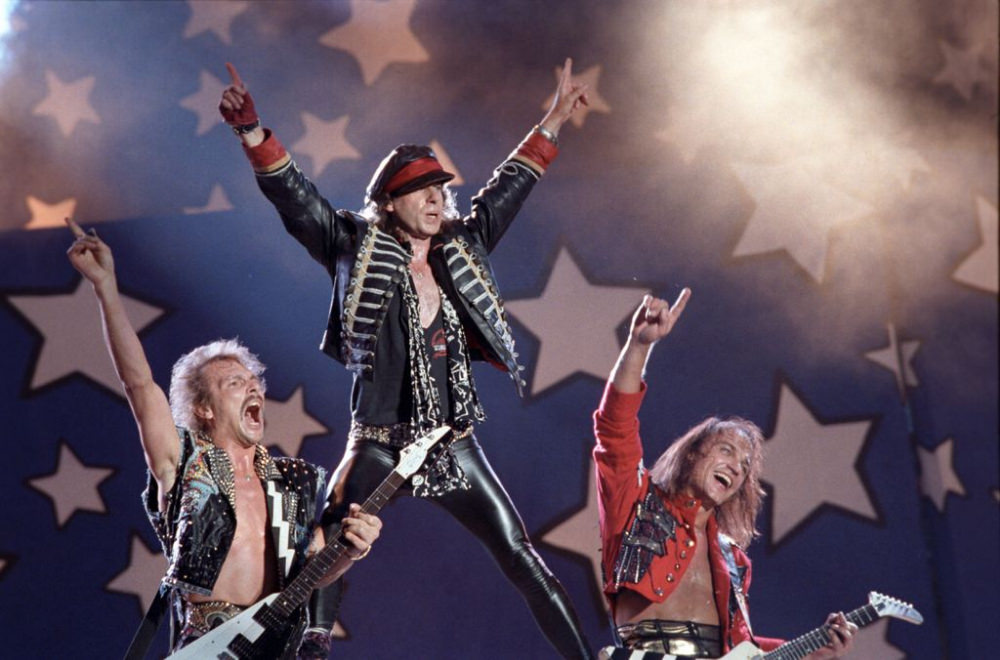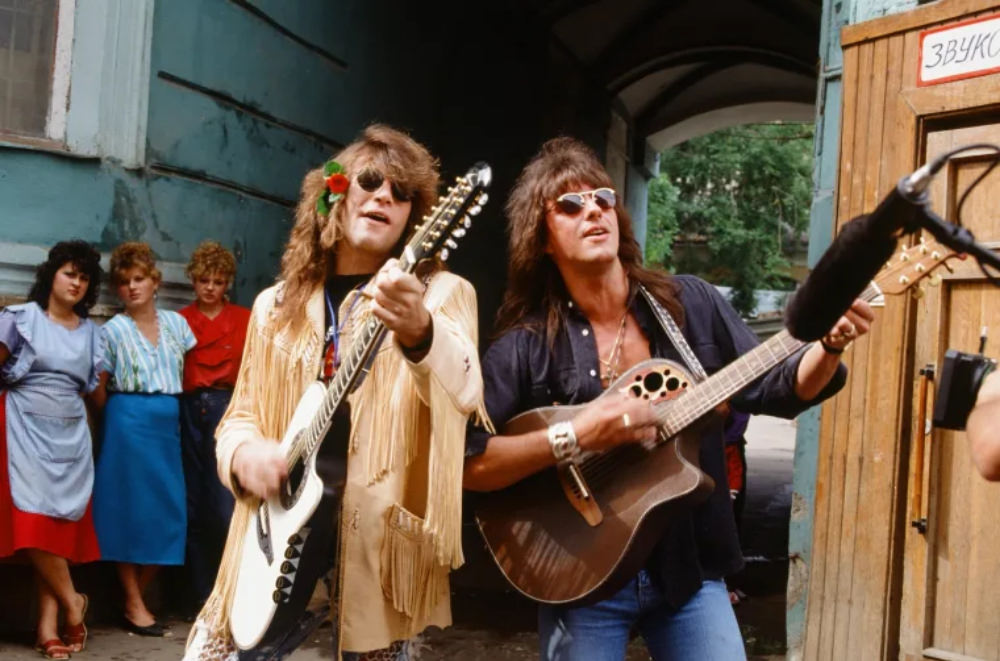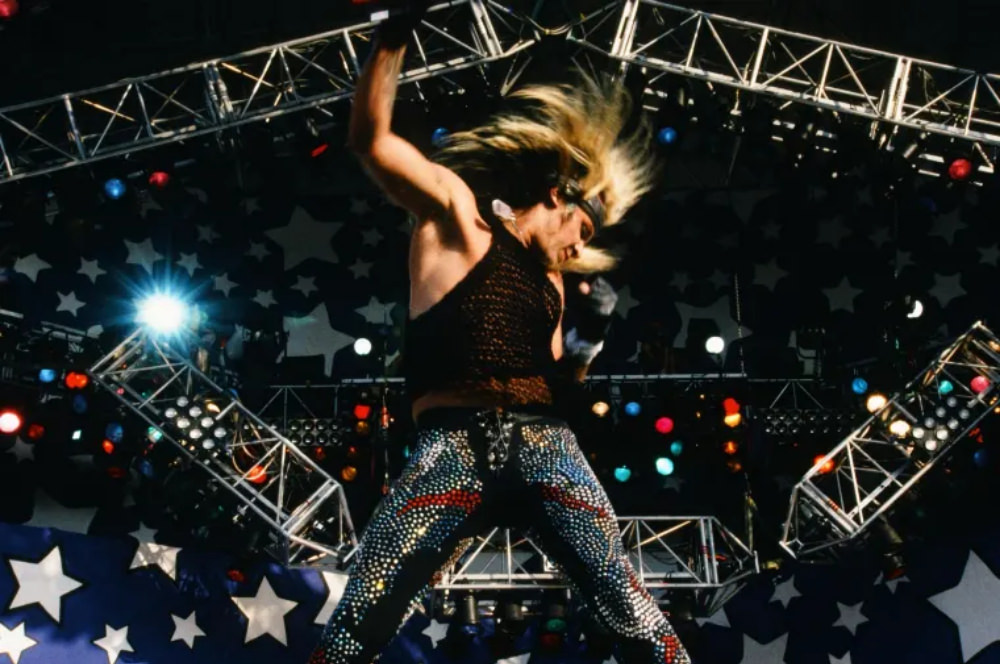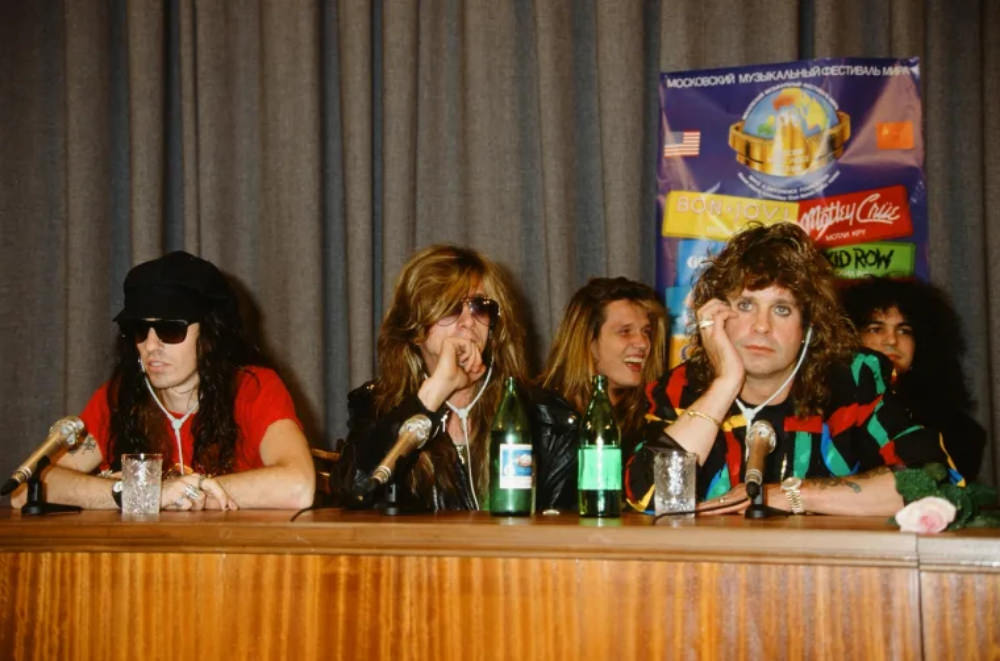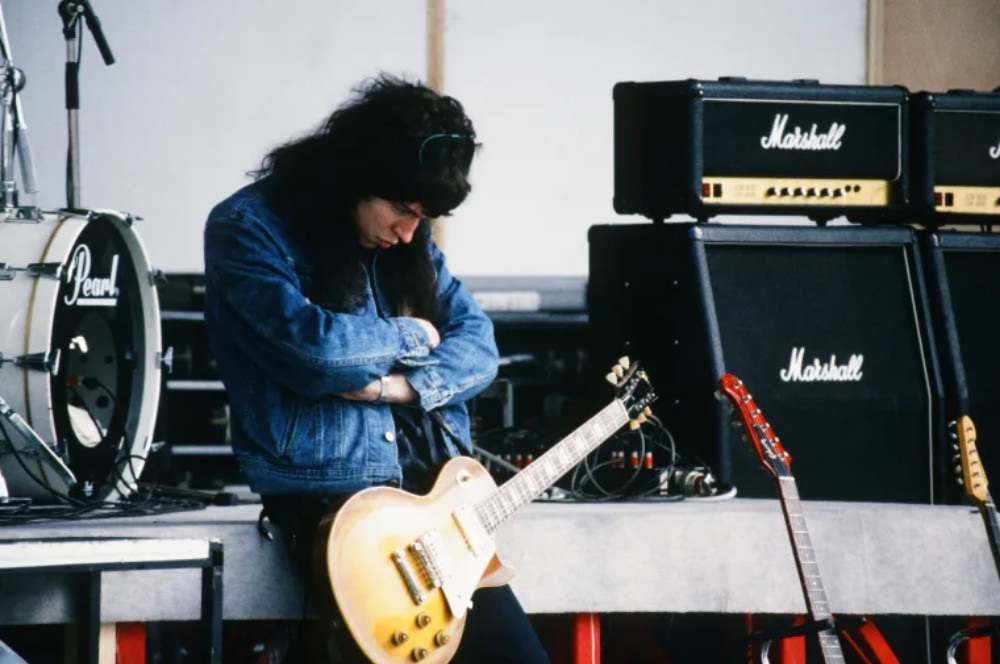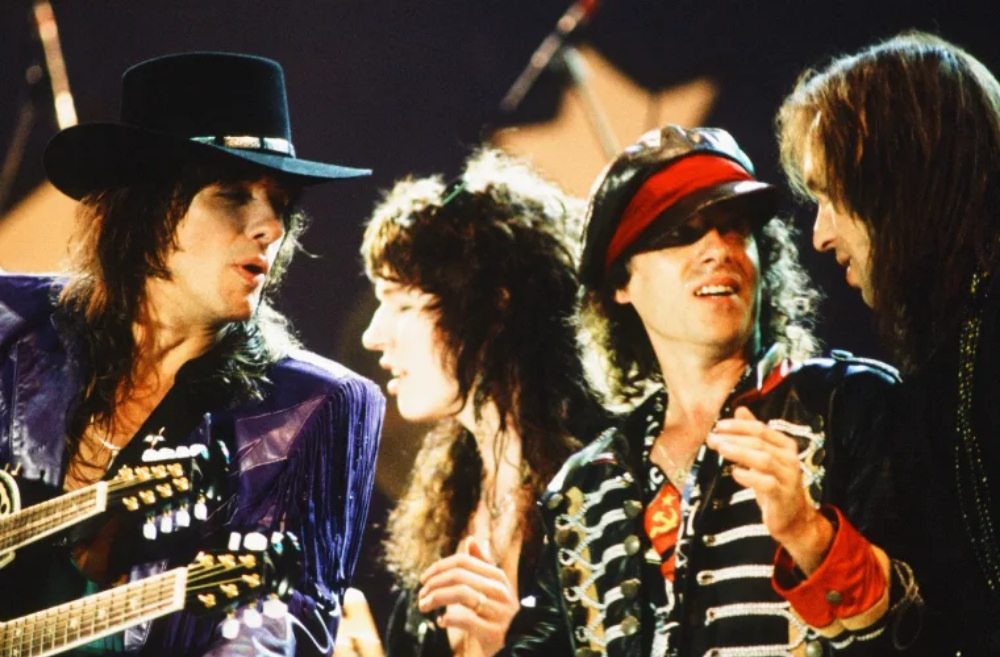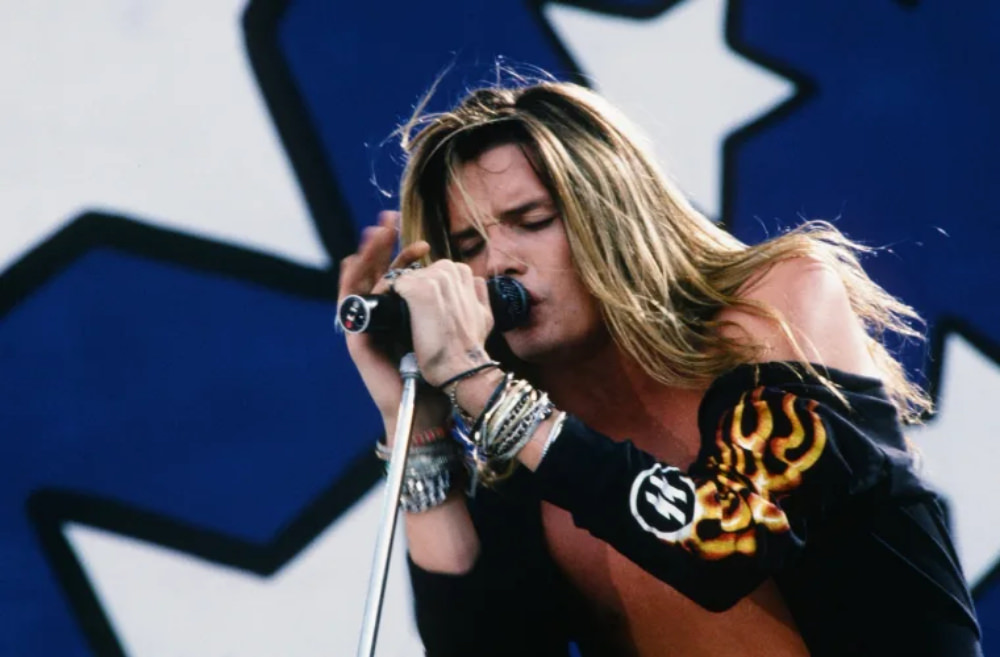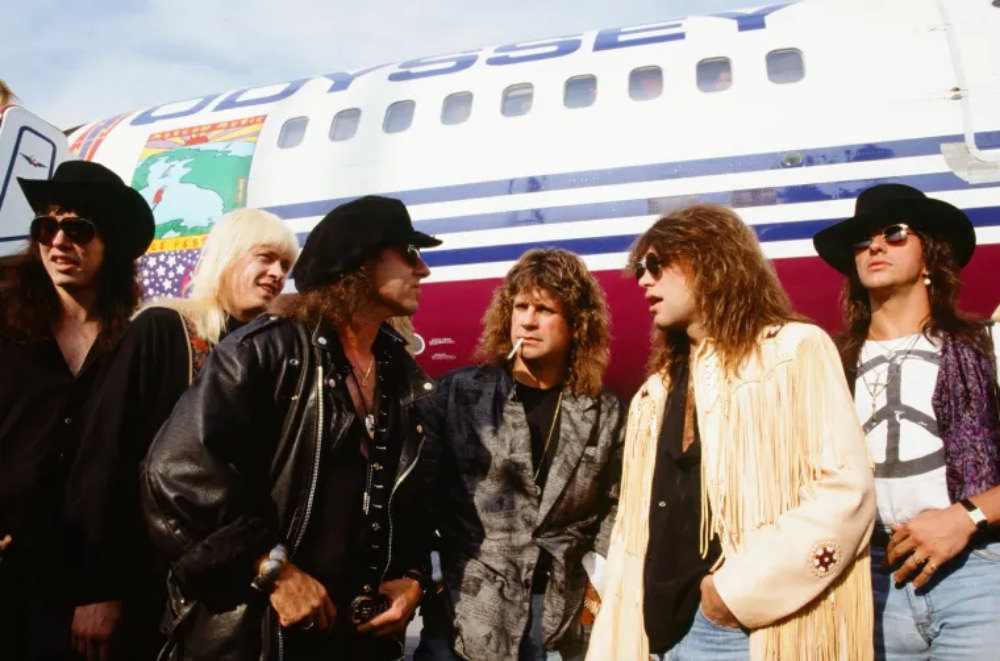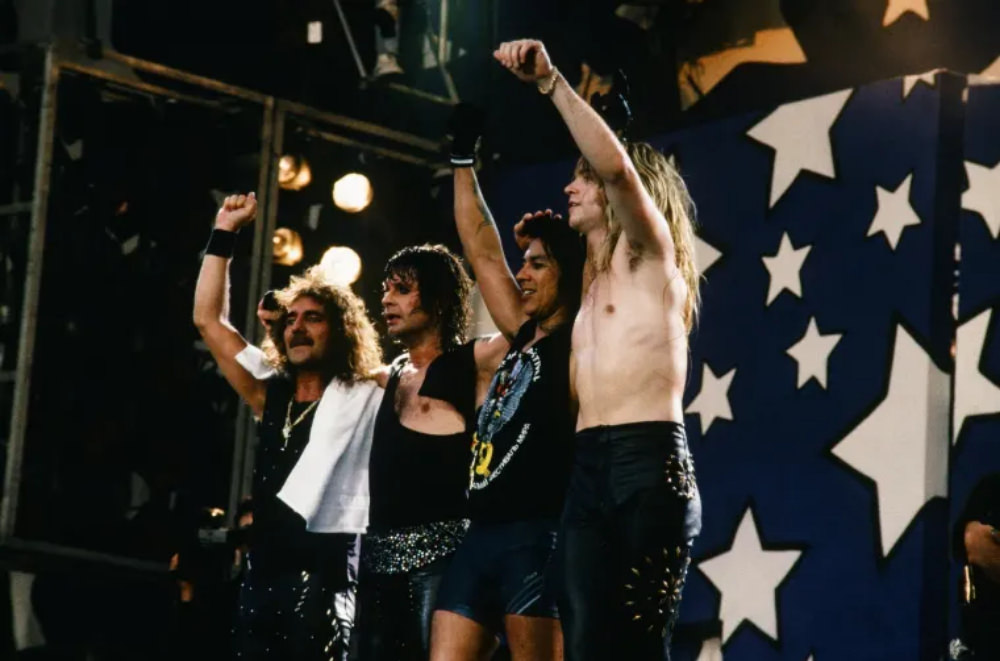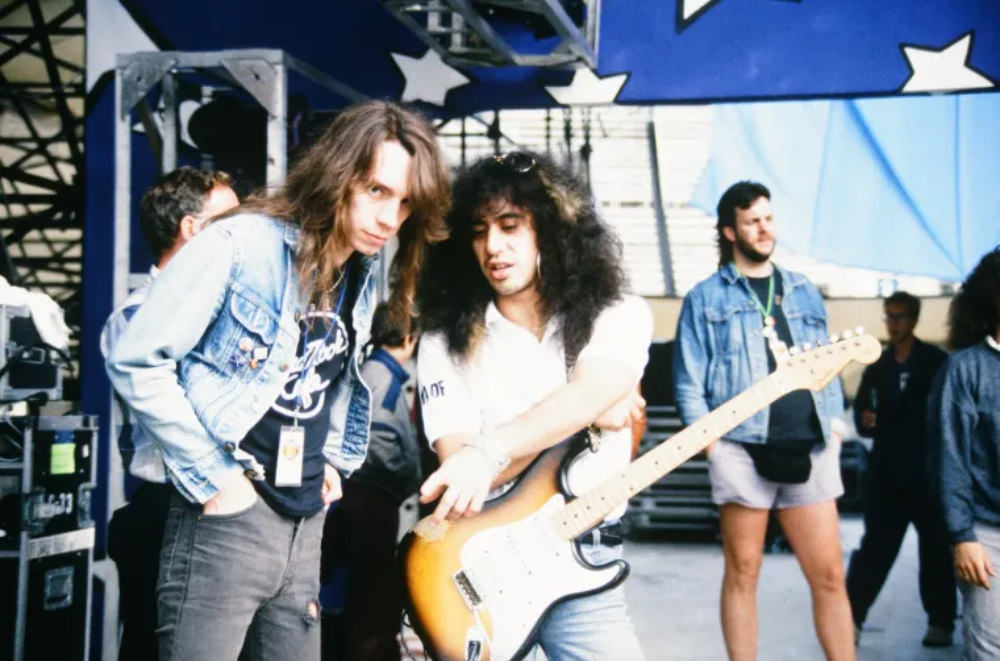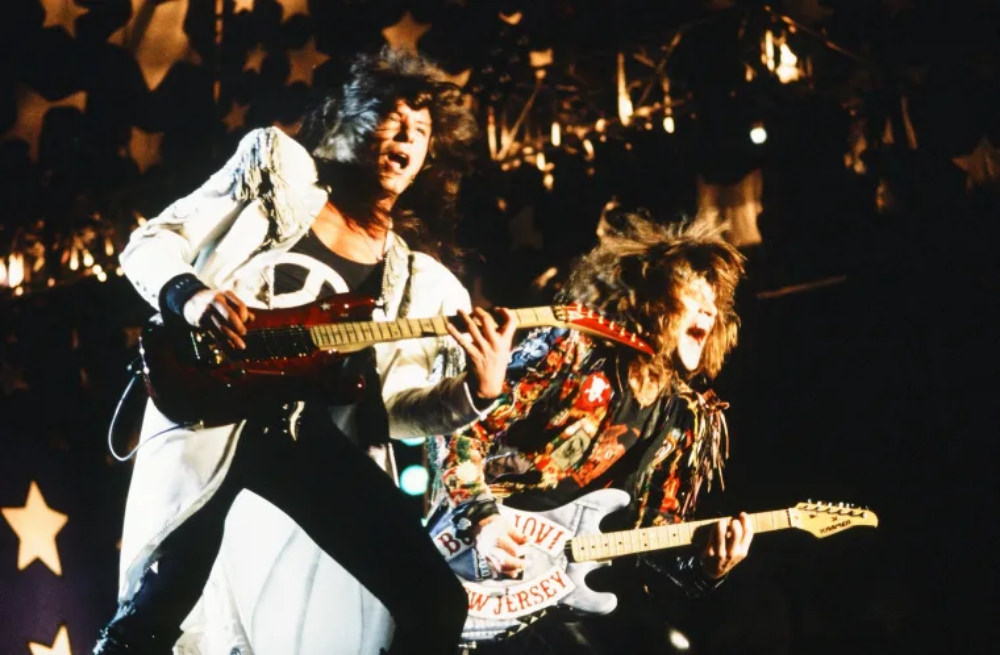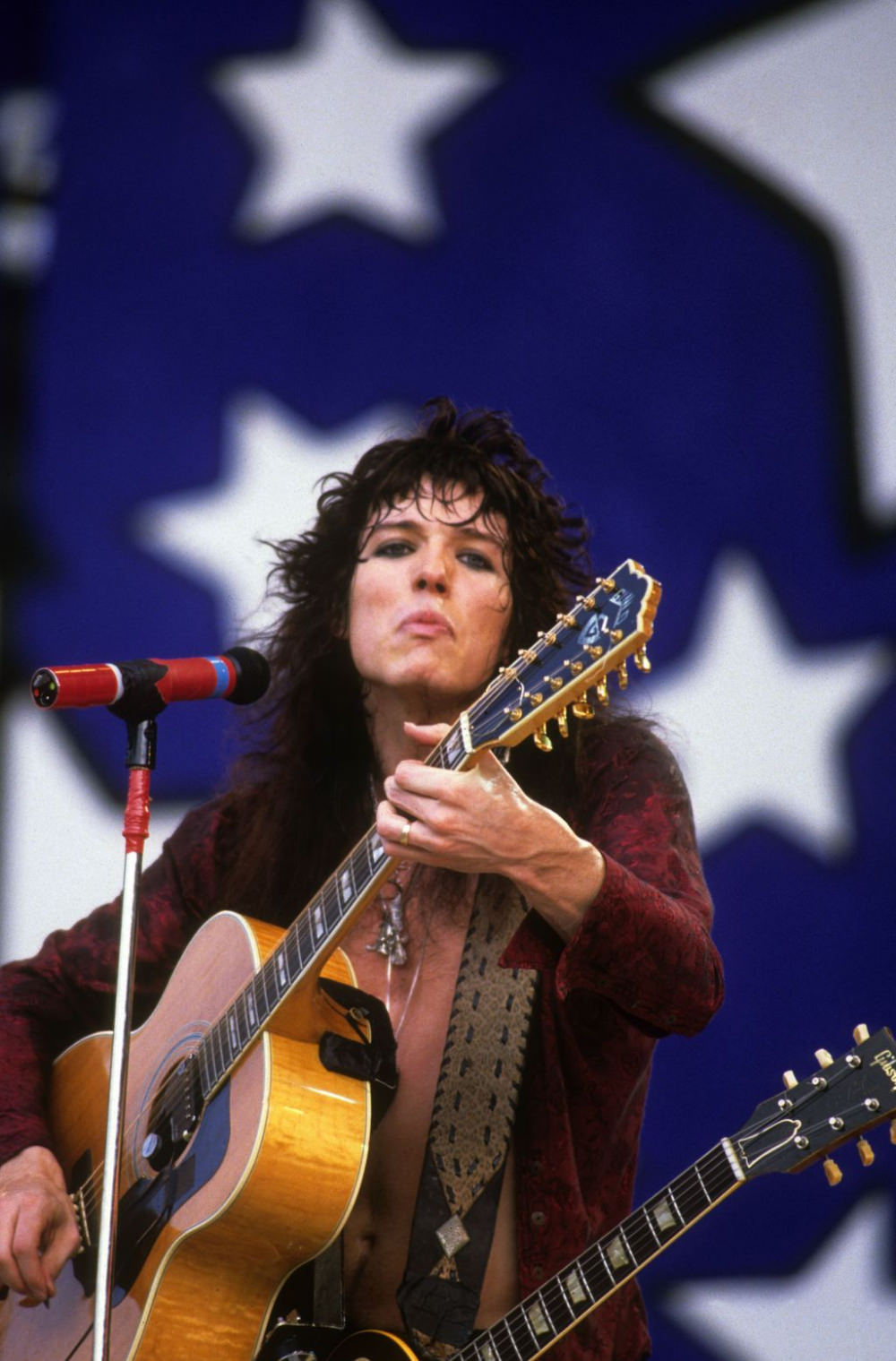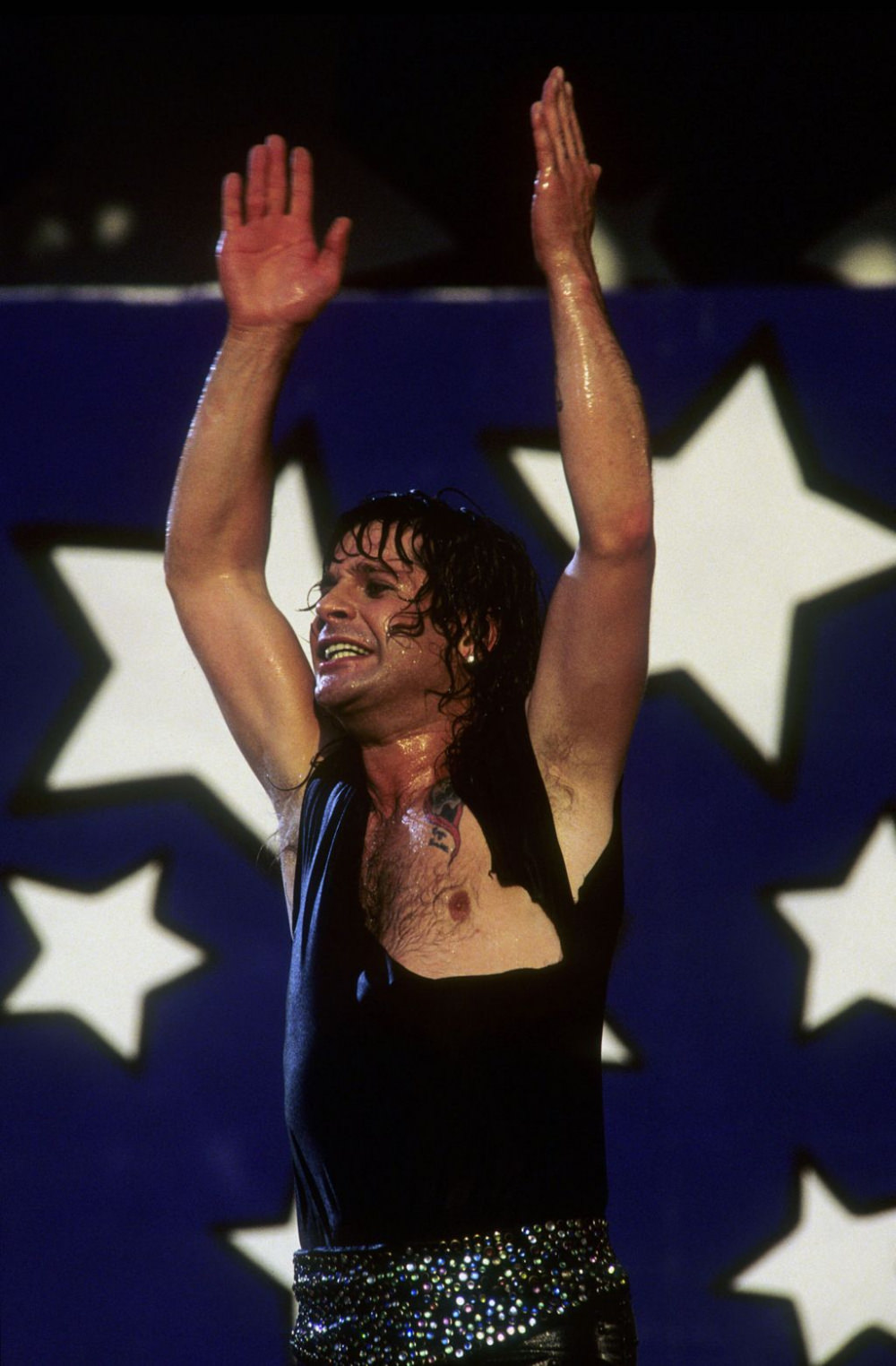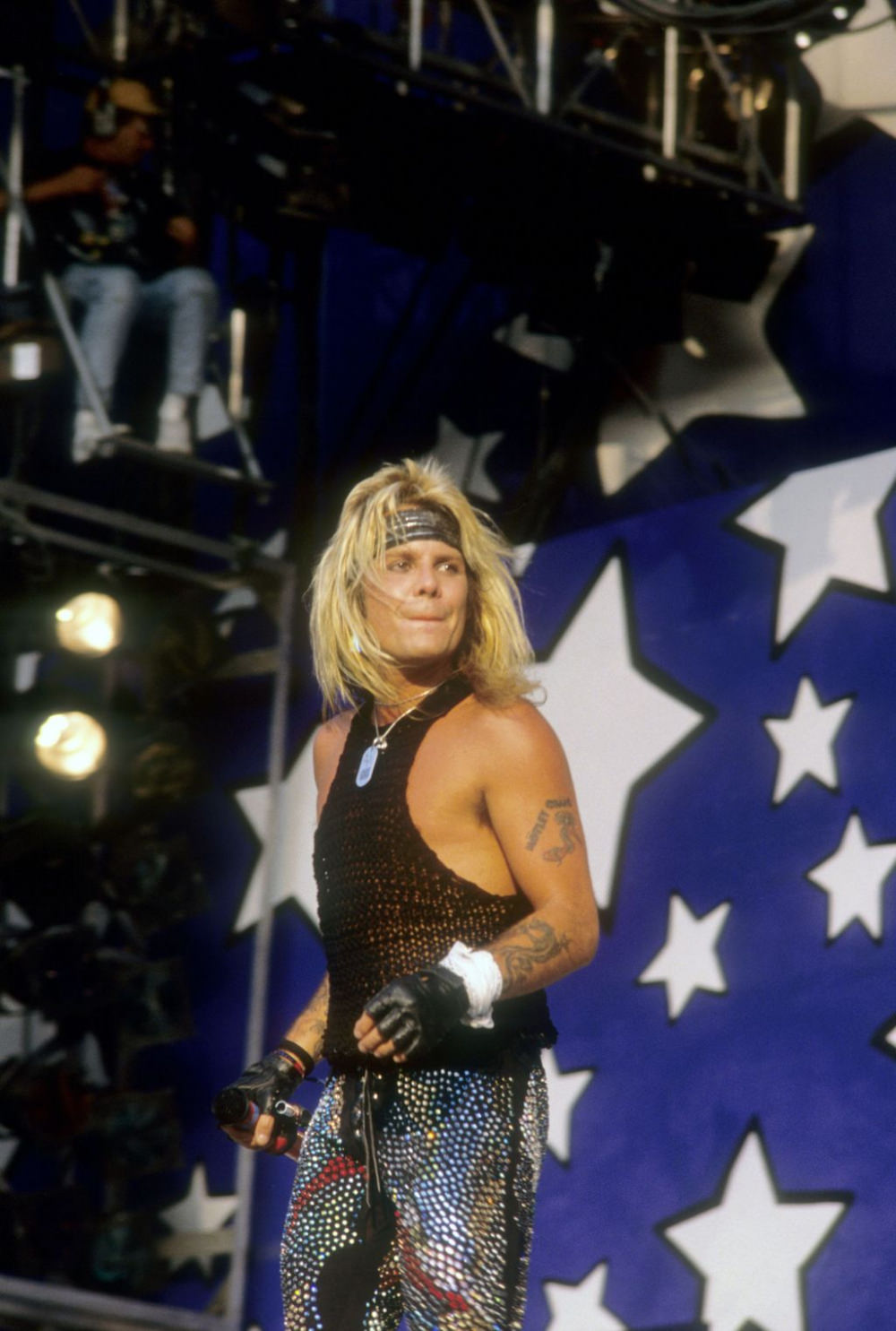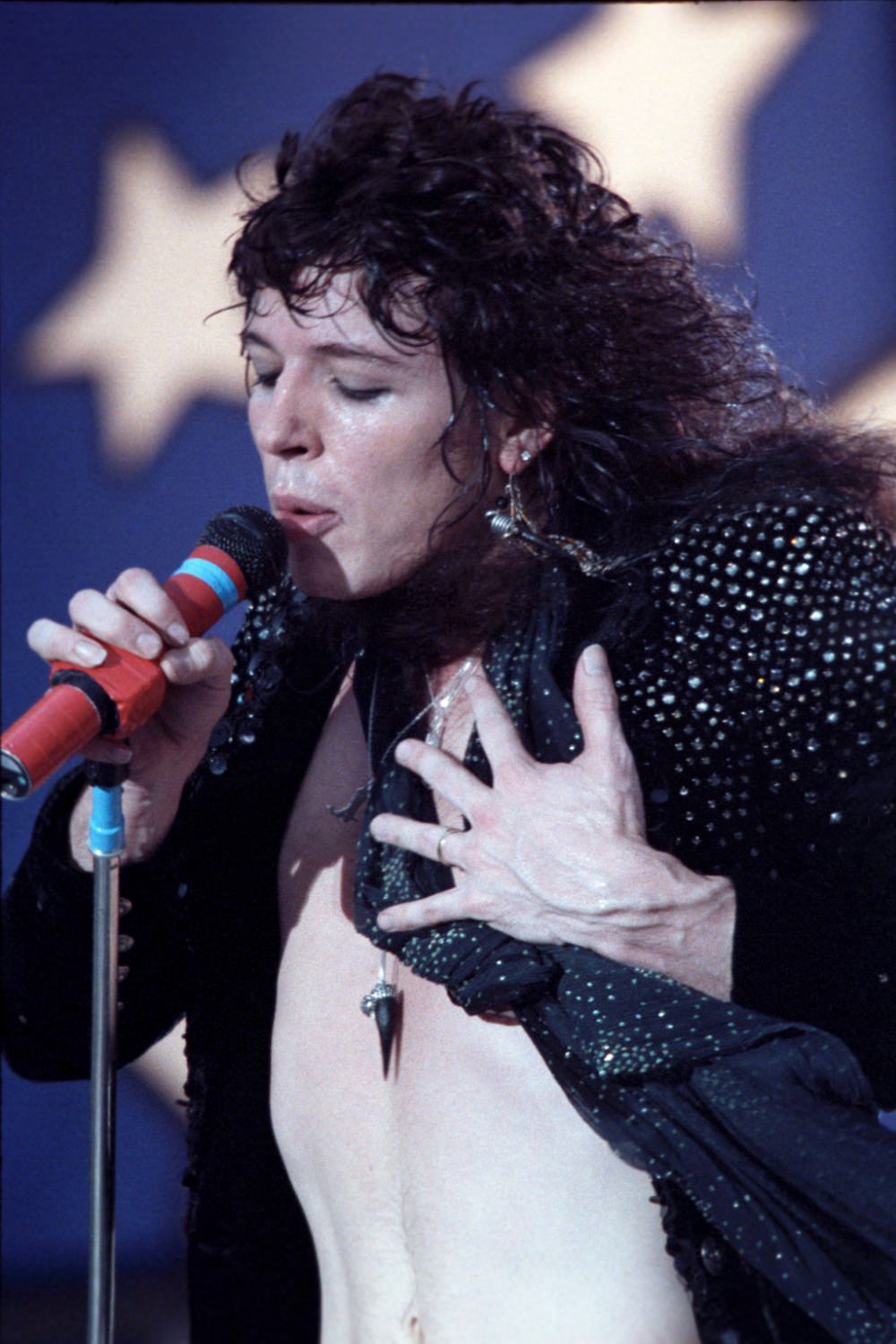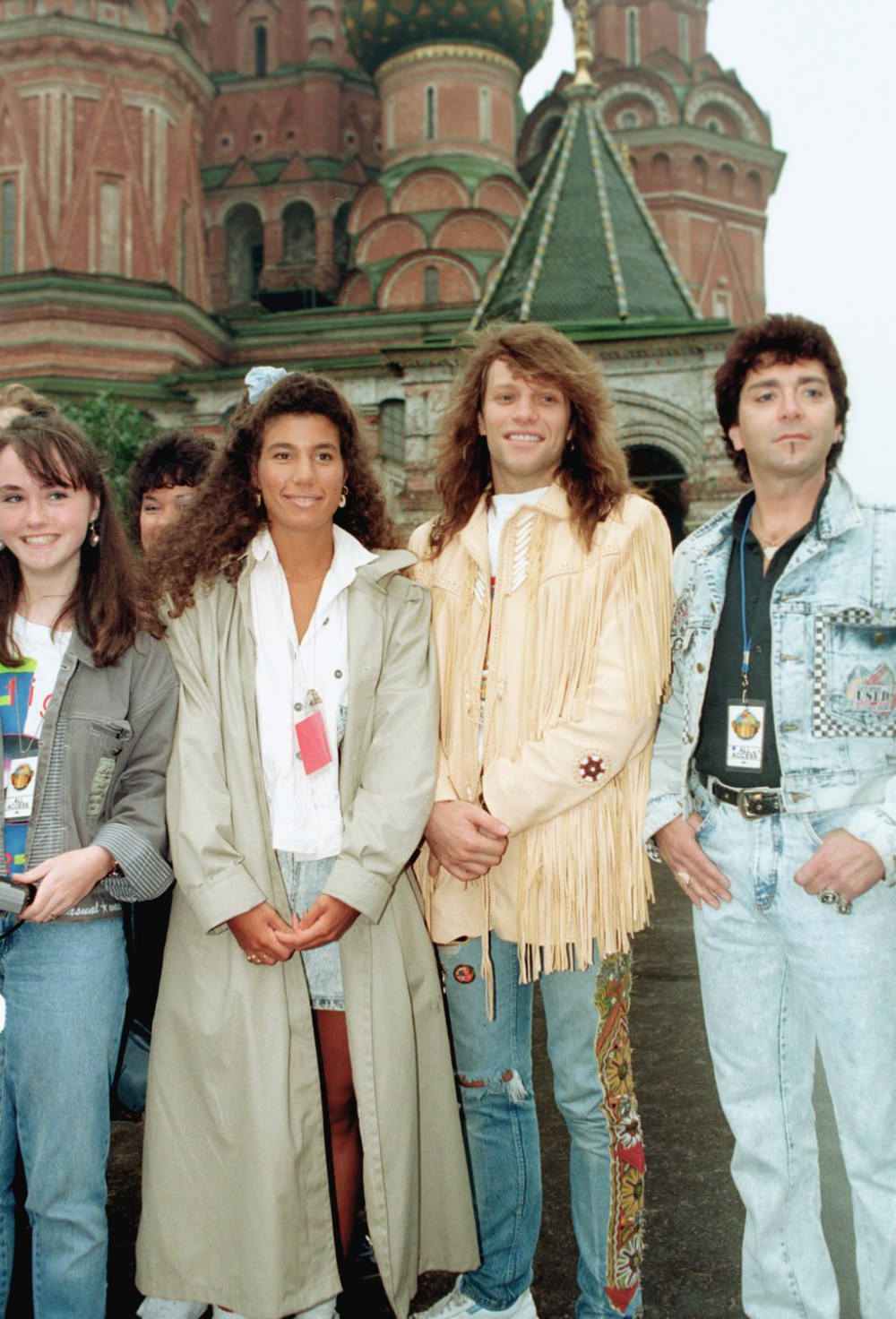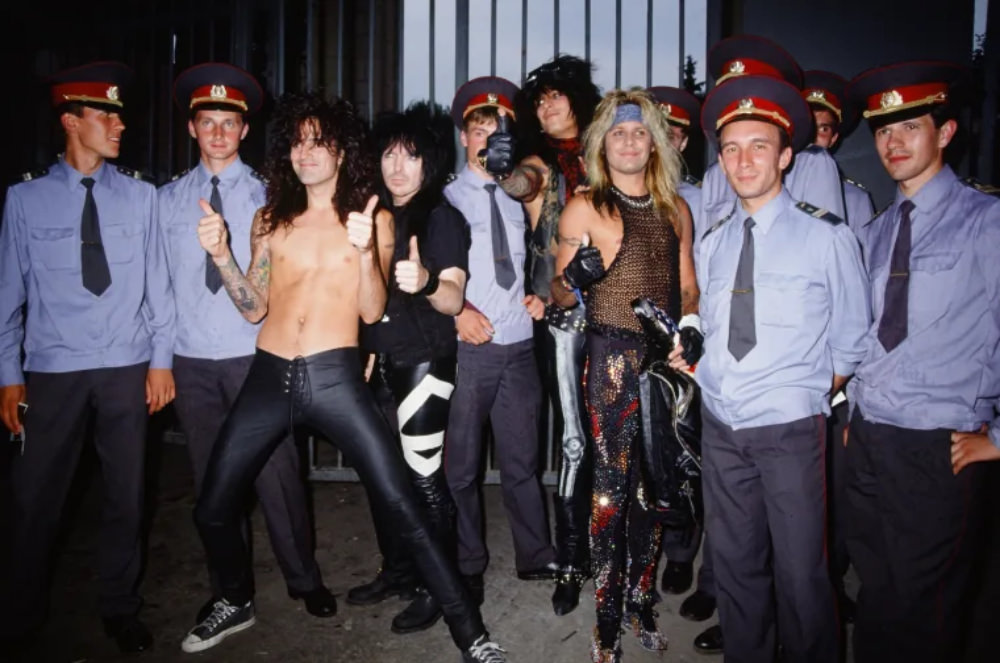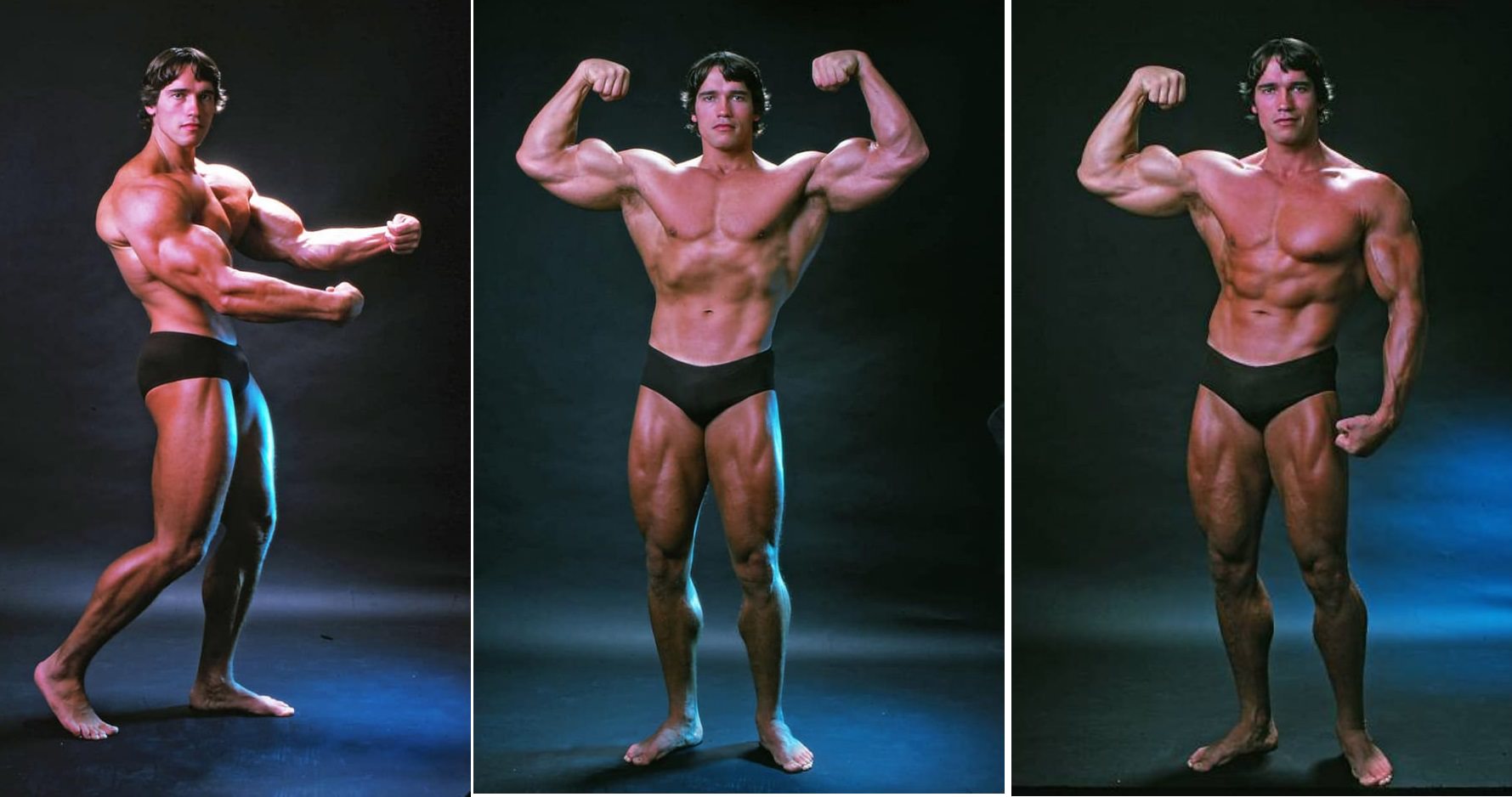In the twilight of the 1980s, a period marked by fervent rock anthems and political transitions, the Moscow Music Peace Festival exploded onto the scene. Held over two days in 1989, this monumental event wasn’t just about music; it was a clarion call for peace, a collective chant of unity echoing through the vast expanses of the Luzhniki Stadium. This was the time when music did what politics couldn’t – bridge divides.
Setting The Stage
Moscow, the heart of what was then the Soviet Union, might have seemed like an unusual venue for a rock festival, especially given the Cold War dynamics and the USSR’s erstwhile reservations about Western pop culture. But winds of change were blowing. The USSR was opening up, and Mikhail Gorbachev’s policies of ‘glasnost’ (openness) and ‘perestroika’ (restructuring) were setting the stage for transformative socio-political shifts.
Rock for Peace
Promoted as a venture to promote peace and showcase the transformative power of music, the festival drew an astounding crowd of over 100,000 people. But the audience wasn’t just composed of local Muscovites. Fans from all over the world converged on Moscow, drawn by a spectacular lineup and the allure of witnessing history in the making.
The ensemble of artists was nothing short of stellar. Bands like Mötley Crüe, Bon Jovi, Ozzy Osbourne, and Scorpions were some of the big names that graced the stage. Their electric performances, punctuated with pyrotechnics and stage antics, were an awe-inspiring sight. For many in the audience, especially the locals, it was their first exposure to live Western rock performances. And boy, was it an introduction!
More than Music
While the Moscow Music Peace Festival will always be remembered for its high-octane performances, there was another, deeper, purpose at play. The festival was also a statement against substance abuse in the music industry. It was a collaboration between Doc McGhee, the manager of bands like Bon Jovi and Mötley Crüe, and the Make a Difference Foundation. McGhee, who had faced drug-related charges, was intent on turning a new leaf and showcasing the redemptive power of music.
The festival’s “peace” theme was multi-faceted. Beyond the obvious East-West relations, it was about inner peace, battling personal demons, and the universal language of rhythm and melody that transcends borders.
The Moscow Music Peace Festival wasn’t just an ephemeral event; its echoes lasted long after the final note had been played. For the Soviet youth, it was a revelation – a glimpse into a world they had only imagined. It showcased the potential of ‘glasnost’ and what an open world could look like. The festival also laid the groundwork for future international musical events in Russia and showcased the country’s appetite for global pop culture.
For the international attendees, it was a chance to see Moscow beyond the Iron Curtain narratives. They encountered a city rich in history and culture, and a people just like them, eager to sing, dance, and celebrate life.


